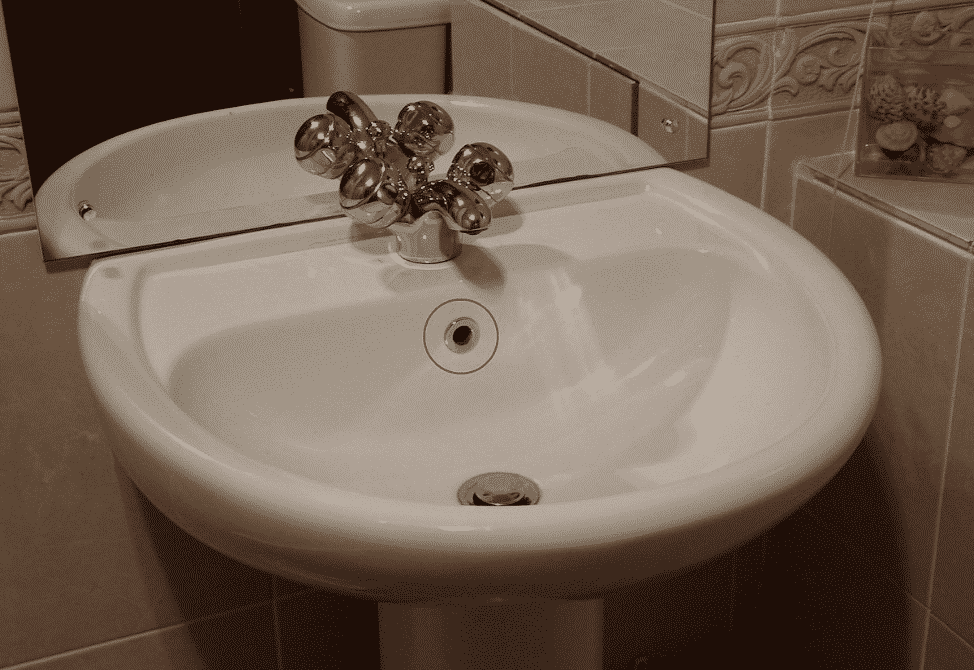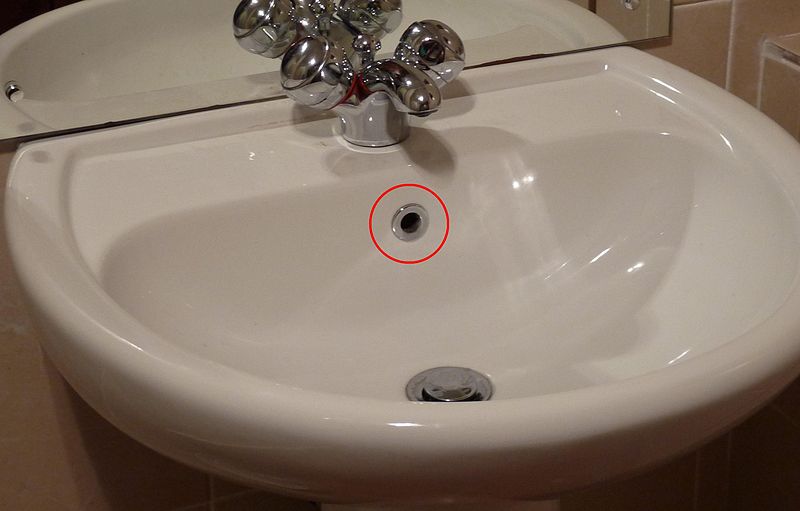A slow draining bathroom sink can be a frustrating problem to deal with. Not only does it make using the sink a hassle, but it can also lead to unpleasant odors and potential clogs. If your bathroom sink is draining slowly, there are a few things you can try to fix the issue. Slow draining bathroom sink
One of the most common causes of a slow draining bathroom sink is a clog. This can happen when hair, soap scum, and other debris build up in the pipes and prevent water from flowing freely. If you suspect a clog is causing your sink to drain slowly, there are a few methods you can try to clear it. Clogged sink
One of the first things many people reach for when dealing with a clogged sink is a drain cleaner. These products are designed to dissolve and break down the debris causing the clog. However, not all drain cleaners are created equal, and some may not be effective on more stubborn clogs. Additionally, many drain cleaners contain harsh chemicals that can be harmful to both your pipes and the environment. Sink drain cleaner
If you prefer to avoid using chemical drain cleaners, there are some DIY methods you can try to clear your clogged sink. One common method is pouring a mixture of baking soda and vinegar down the drain, followed by boiling water. This can help loosen and dissolve the clog, allowing it to be flushed away. Another option is using a plunger to try and dislodge the clog. DIY drain cleaning
Using a plunger is a simple and effective way to clear a clogged sink. Make sure to cover the overflow hole with a wet cloth before plunging, as this will help create a stronger seal. Then, place the plunger over the drain and push down and up repeatedly to create suction. This can help dislodge the clog and allow it to be flushed away. Plunger
If a plunger doesn't do the trick, you may need to use a drain snake. This is a long, flexible tool that can be inserted into the drain and used to break up and remove clogs. You can purchase a drain snake at most hardware stores, or you can try making your own with a wire hanger. Just be sure to use caution when using a drain snake, as it can damage your pipes if used incorrectly. Drain snake
If all else fails, you may need to resort to using a chemical drain cleaner. These products contain powerful chemicals that can dissolve even the toughest clogs. However, it's important to use them carefully and according to the instructions, as misuse can lead to damage to your pipes and potential harm to yourself. Chemical drain cleaner
If you prefer to use more eco-friendly methods, there are natural drain cleaners available that use enzymes and bacteria to break down clogs. These can be effective on smaller clogs, but may not work as well on larger ones. Additionally, they may take longer to work than chemical drain cleaners. Natural drain cleaner
If you've tried everything and your sink is still draining slowly, it may be time to call in the professionals. A plumber can use specialized tools and techniques to clear even the most stubborn clogs and get your sink back to working properly. While this may be a more expensive option, it can save you time and hassle in the long run. Professional drain cleaning
Another potential cause of a slow draining bathroom sink is a clogged sink overflow. This is the small hole near the top of your sink, which is designed to prevent overflowing when the sink is filled with water. Over time, this overflow can become clogged with debris, causing water to back up and make it seem like the sink drain is the problem. To clean the sink overflow, use a small brush or toothbrush to remove any buildup. Sink overflow
How to Effectively Clean a Slow-Draining Bathroom Sink

Understanding the Cause
 If you've noticed that your bathroom sink is draining slowly, you're not alone. It's a common problem that many homeowners face. But before reaching for chemical cleaners or calling a plumber, it's important to understand the root cause of the issue.
Bathroom sink drains slowly
for a variety of reasons, but the most common culprit is a buildup of hair, soap scum, and other debris in the drain. Over time, these materials can accumulate and create a blockage, making it difficult for water to flow freely.
If you've noticed that your bathroom sink is draining slowly, you're not alone. It's a common problem that many homeowners face. But before reaching for chemical cleaners or calling a plumber, it's important to understand the root cause of the issue.
Bathroom sink drains slowly
for a variety of reasons, but the most common culprit is a buildup of hair, soap scum, and other debris in the drain. Over time, these materials can accumulate and create a blockage, making it difficult for water to flow freely.
Using a Cleaner
 Many people turn to chemical cleaners as a quick solution for a slow-draining sink. However, these cleaners can often do more harm than good. Not only do they contain harsh chemicals that can be harmful to your health and the environment, but they also don't always effectively remove the buildup in the drain. In fact, some cleaners can even corrode your pipes, causing more damage in the long run.
For a safer and more effective solution, consider using a natural cleaner. Mix equal parts of
white vinegar
and
baking soda
and pour it down the drain. Let it sit for about 15 minutes, then flush it with hot water. The chemical reaction between the two ingredients will help break down the buildup and clear the drain.
Many people turn to chemical cleaners as a quick solution for a slow-draining sink. However, these cleaners can often do more harm than good. Not only do they contain harsh chemicals that can be harmful to your health and the environment, but they also don't always effectively remove the buildup in the drain. In fact, some cleaners can even corrode your pipes, causing more damage in the long run.
For a safer and more effective solution, consider using a natural cleaner. Mix equal parts of
white vinegar
and
baking soda
and pour it down the drain. Let it sit for about 15 minutes, then flush it with hot water. The chemical reaction between the two ingredients will help break down the buildup and clear the drain.
Preventing Future Issues
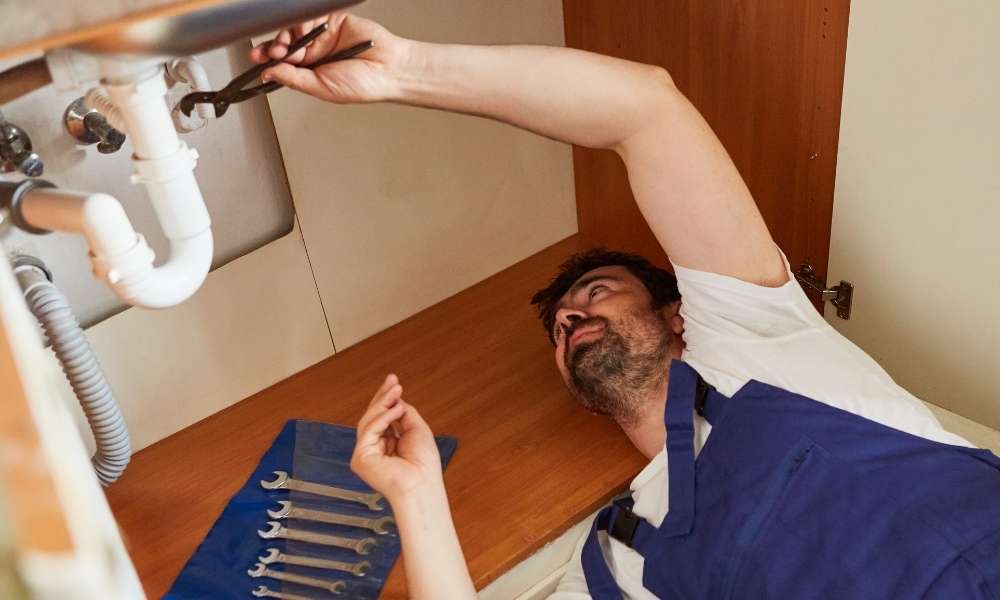 Once you've successfully cleared the blockage, it's important to take preventative measures to avoid future problems with your bathroom sink drain. One simple way to do this is to use a
drain cover
to catch hair and debris before it goes down the drain. You can also regularly flush your drain with hot water and vinegar to keep it clean and clear.
If you're still experiencing slow drainage despite regular cleaning and maintenance, it may be time to call a professional plumber. They can inspect your pipes and determine if there are any underlying issues causing the slow draining.
Once you've successfully cleared the blockage, it's important to take preventative measures to avoid future problems with your bathroom sink drain. One simple way to do this is to use a
drain cover
to catch hair and debris before it goes down the drain. You can also regularly flush your drain with hot water and vinegar to keep it clean and clear.
If you're still experiencing slow drainage despite regular cleaning and maintenance, it may be time to call a professional plumber. They can inspect your pipes and determine if there are any underlying issues causing the slow draining.
In Conclusion
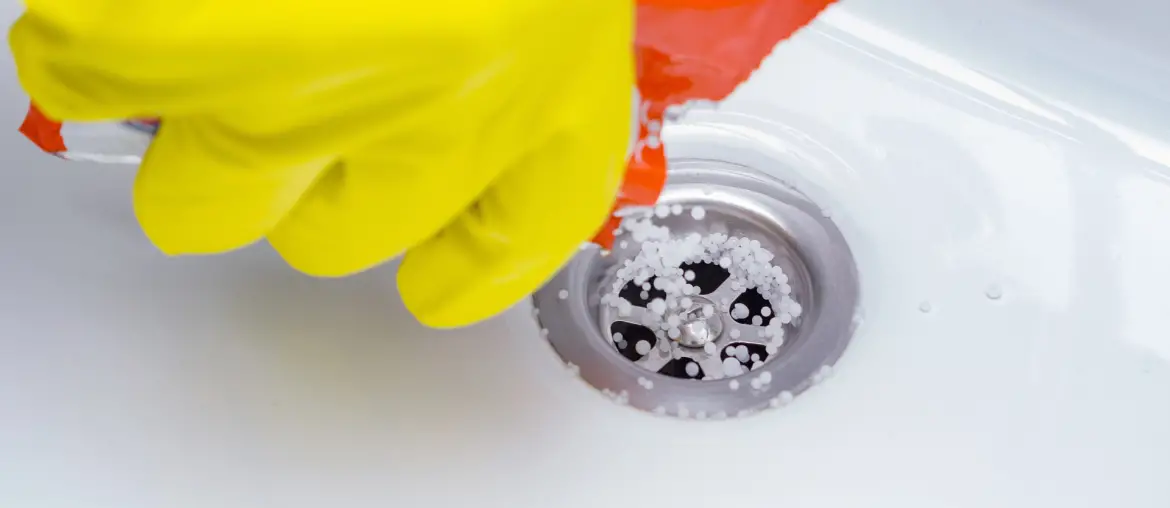 Dealing with a slow-draining bathroom sink can be frustrating, but it's important to address the issue as soon as possible to prevent further damage. By understanding the cause, using a natural cleaner, and taking preventative measures, you can effectively clean your sink and keep it running smoothly. Remember, when it comes to household issues, it's always best to take a proactive approach rather than waiting for a bigger problem to arise.
Dealing with a slow-draining bathroom sink can be frustrating, but it's important to address the issue as soon as possible to prevent further damage. By understanding the cause, using a natural cleaner, and taking preventative measures, you can effectively clean your sink and keep it running smoothly. Remember, when it comes to household issues, it's always best to take a proactive approach rather than waiting for a bigger problem to arise.

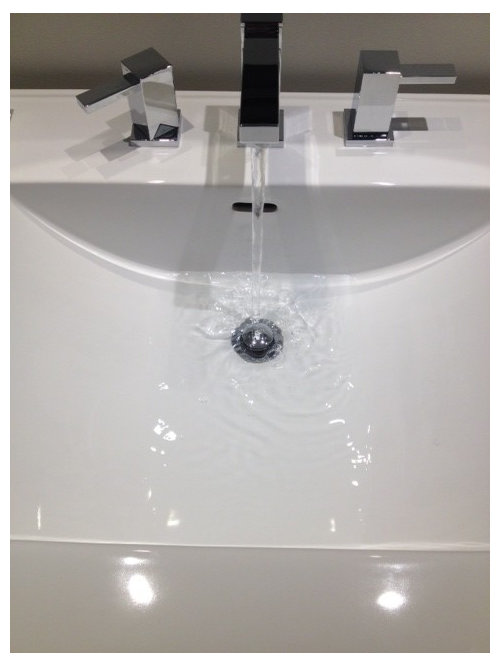

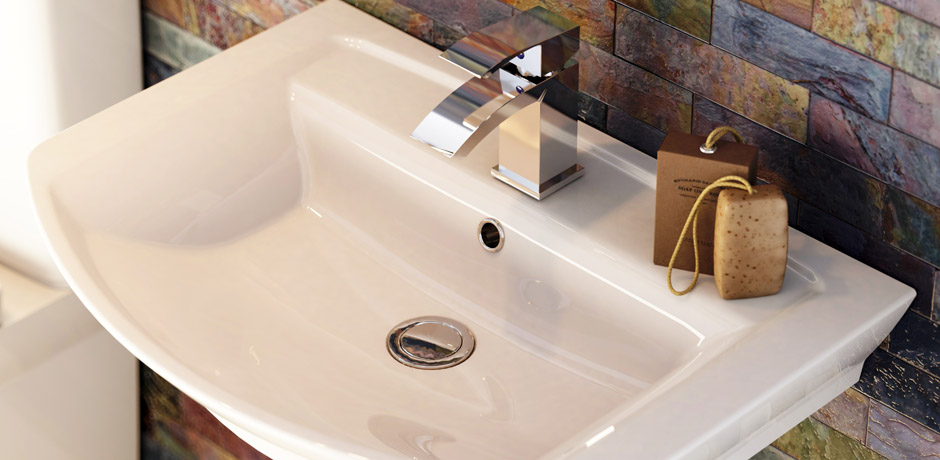





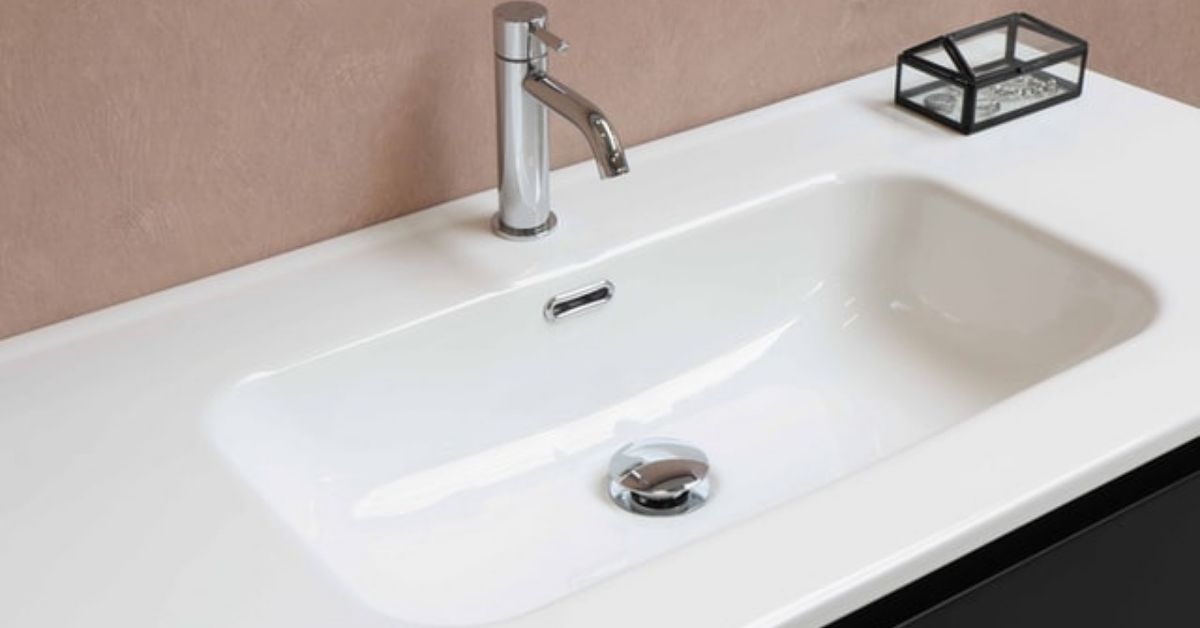
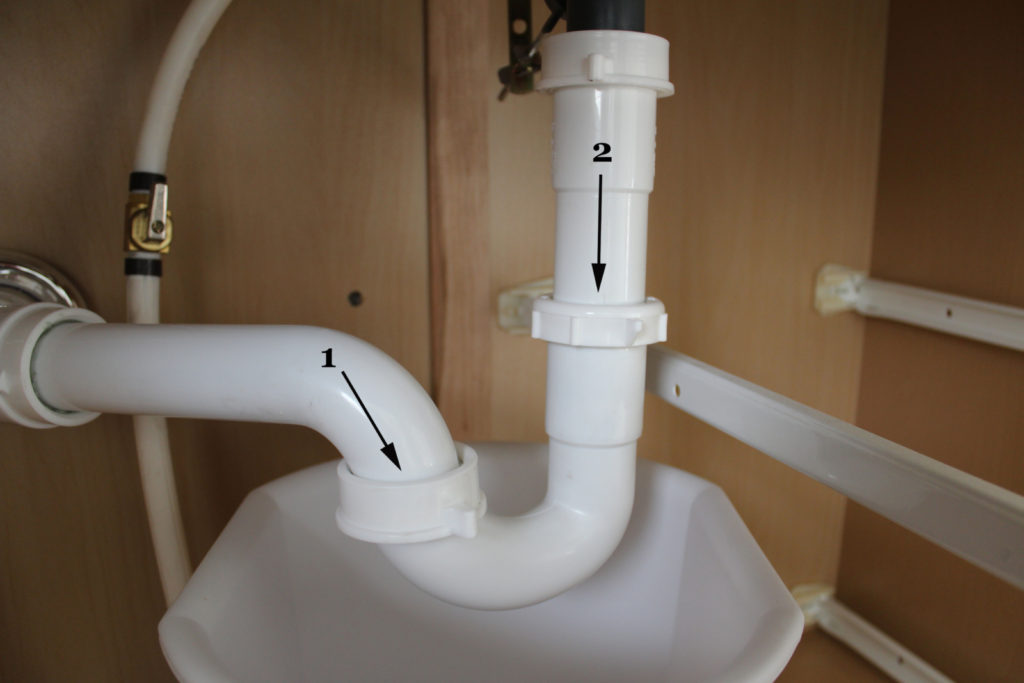

:max_bytes(150000):strip_icc()/close-up-of-overflowing-bathroom-sink-90201417-579787783df78ceb865822d8-5c30d5dac9e77c0001149e8f.jpg)






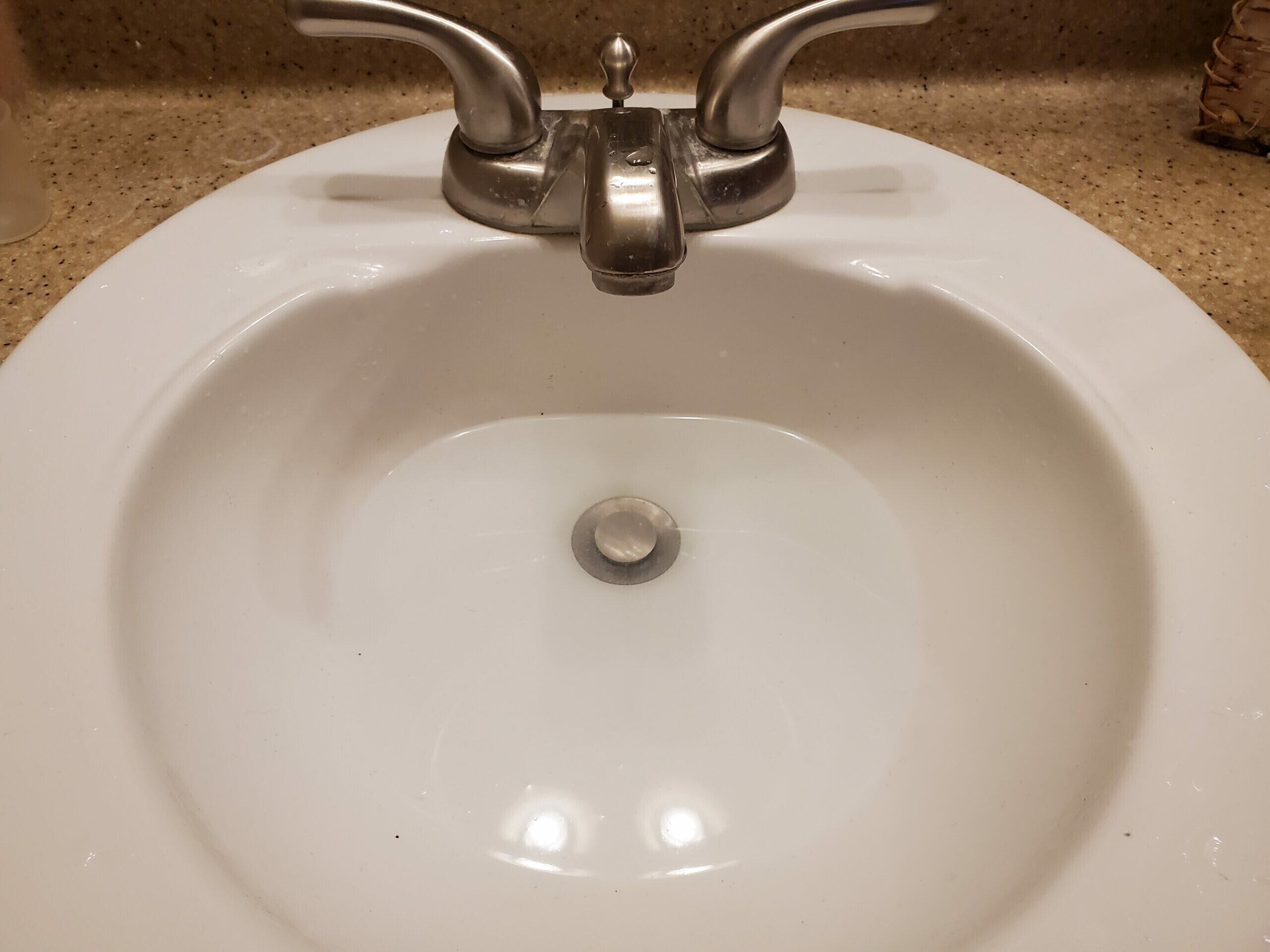

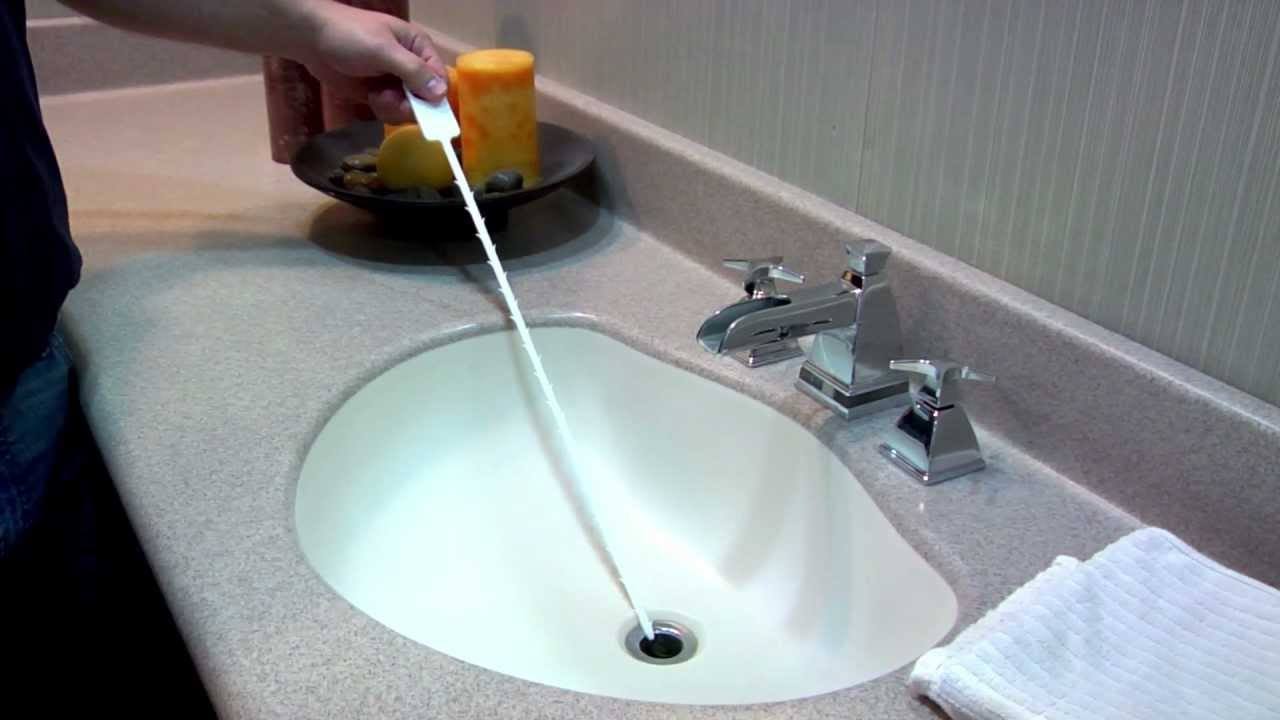


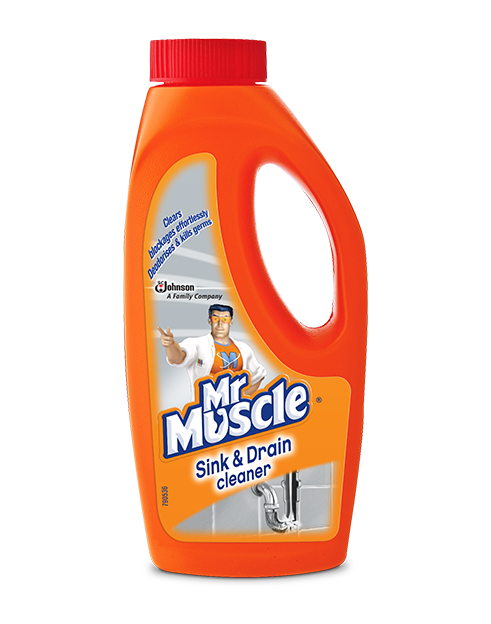




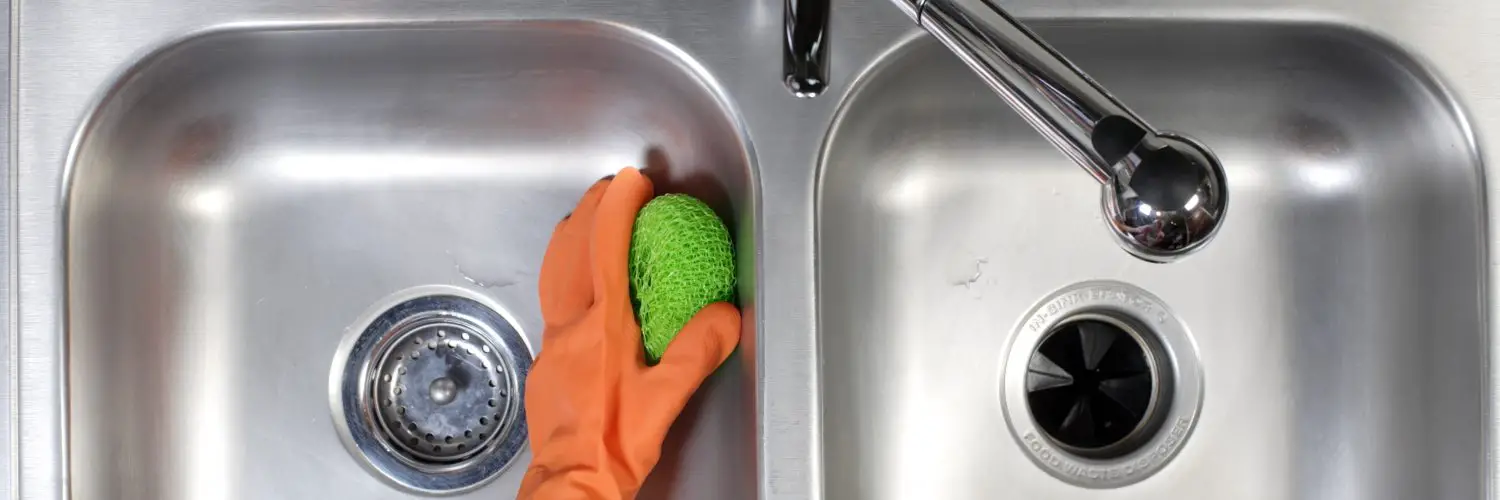


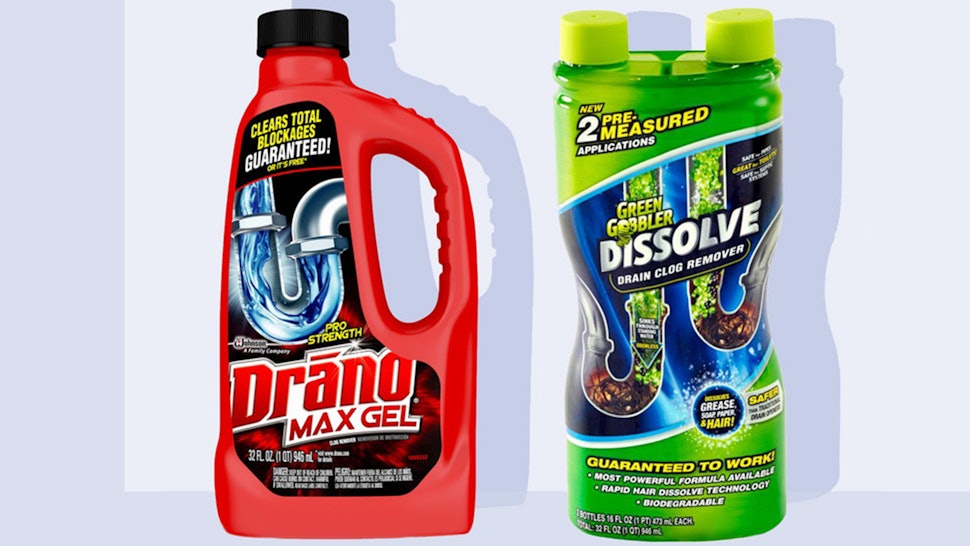








/98292130-56a12f705f9b58b7d0bcdef7.jpg)
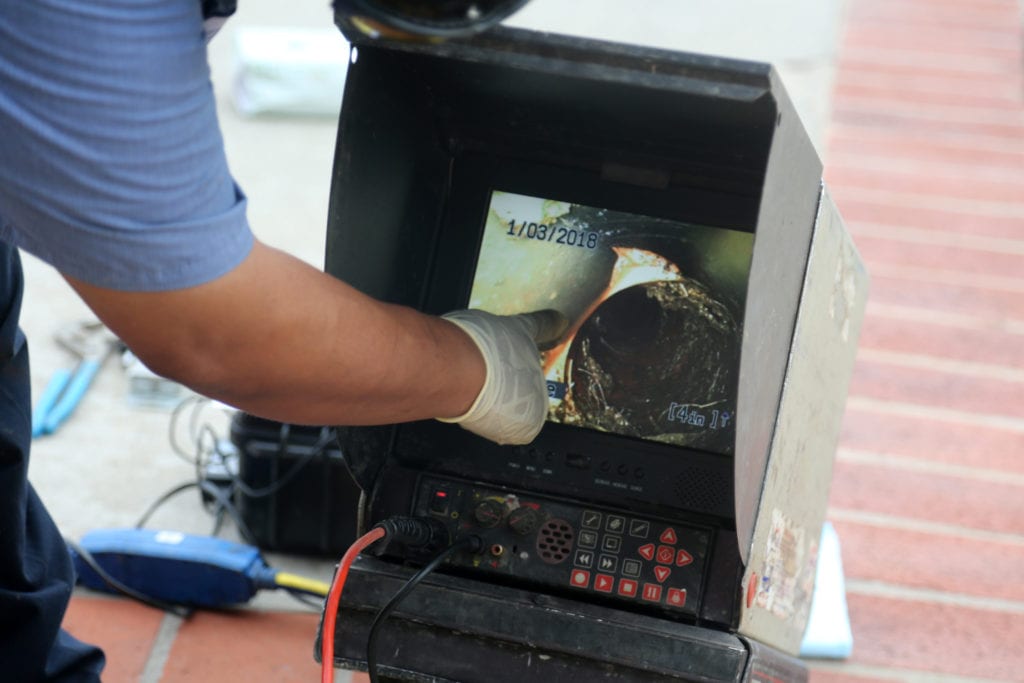
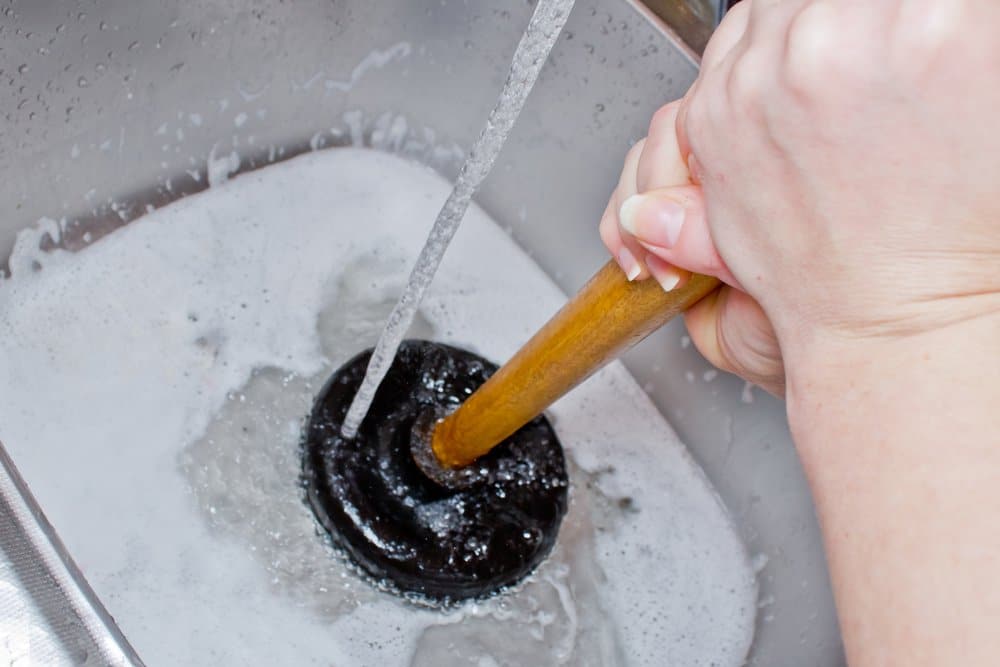
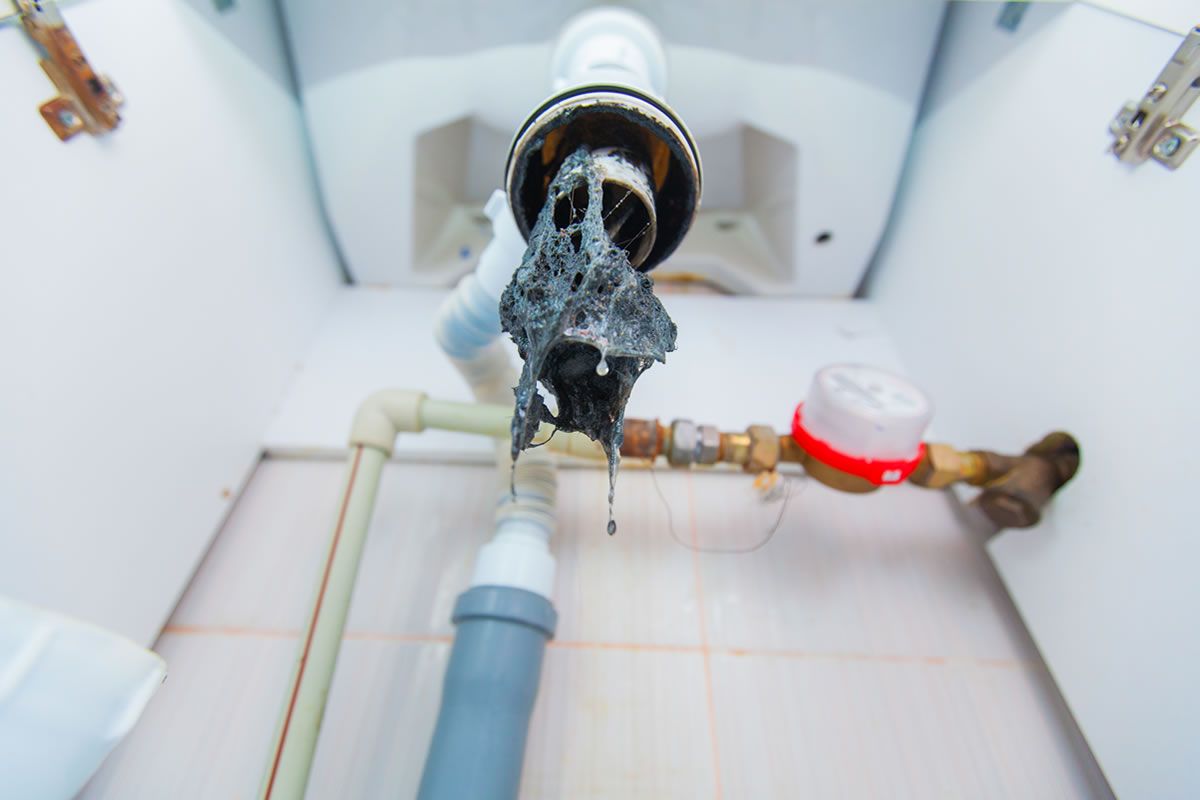
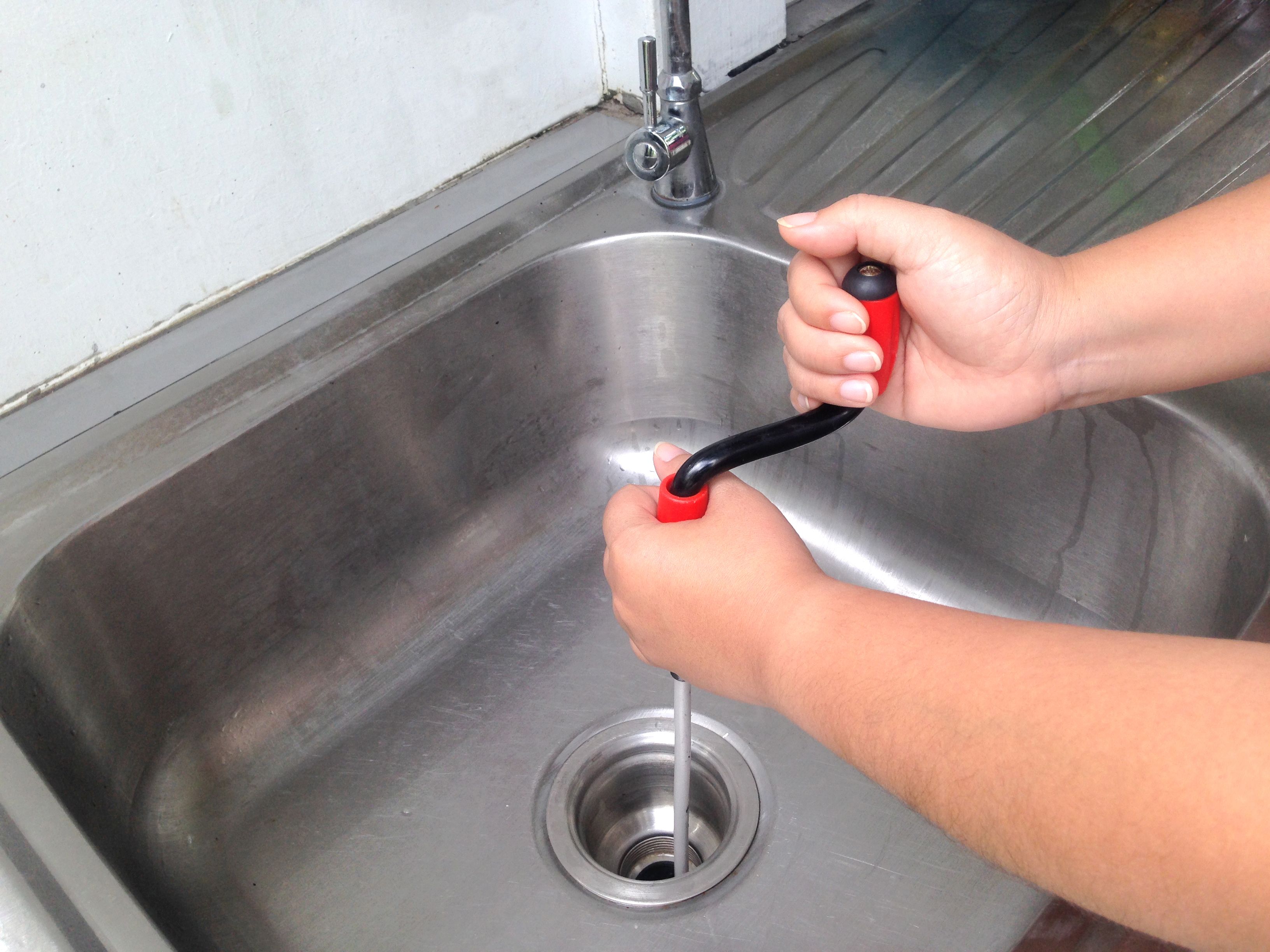
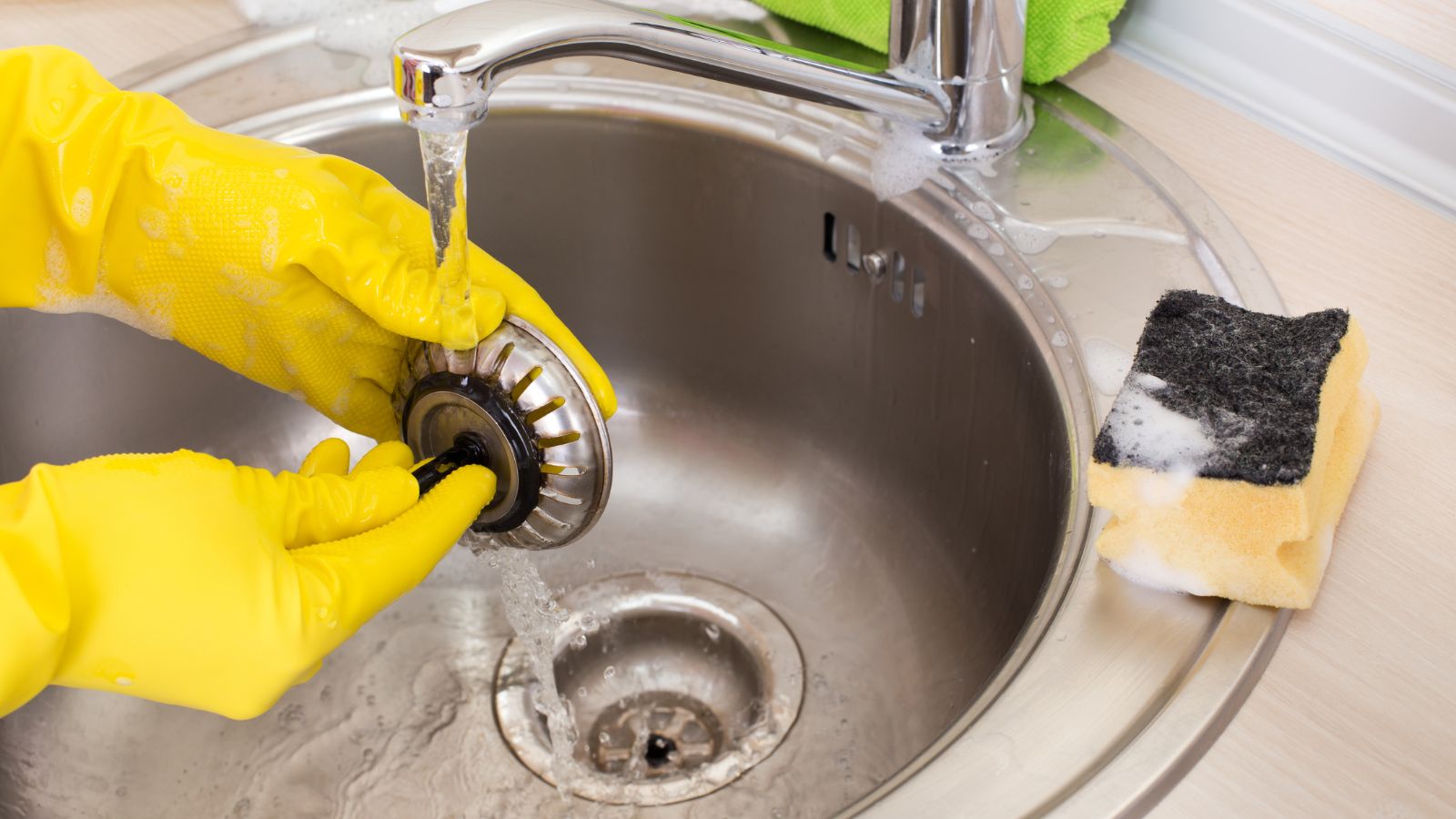
:max_bytes(150000):strip_icc()/homemade-drain-cleaner-2718784_final-359556aadfc74989bd3c4b4dcdc4d276.png)
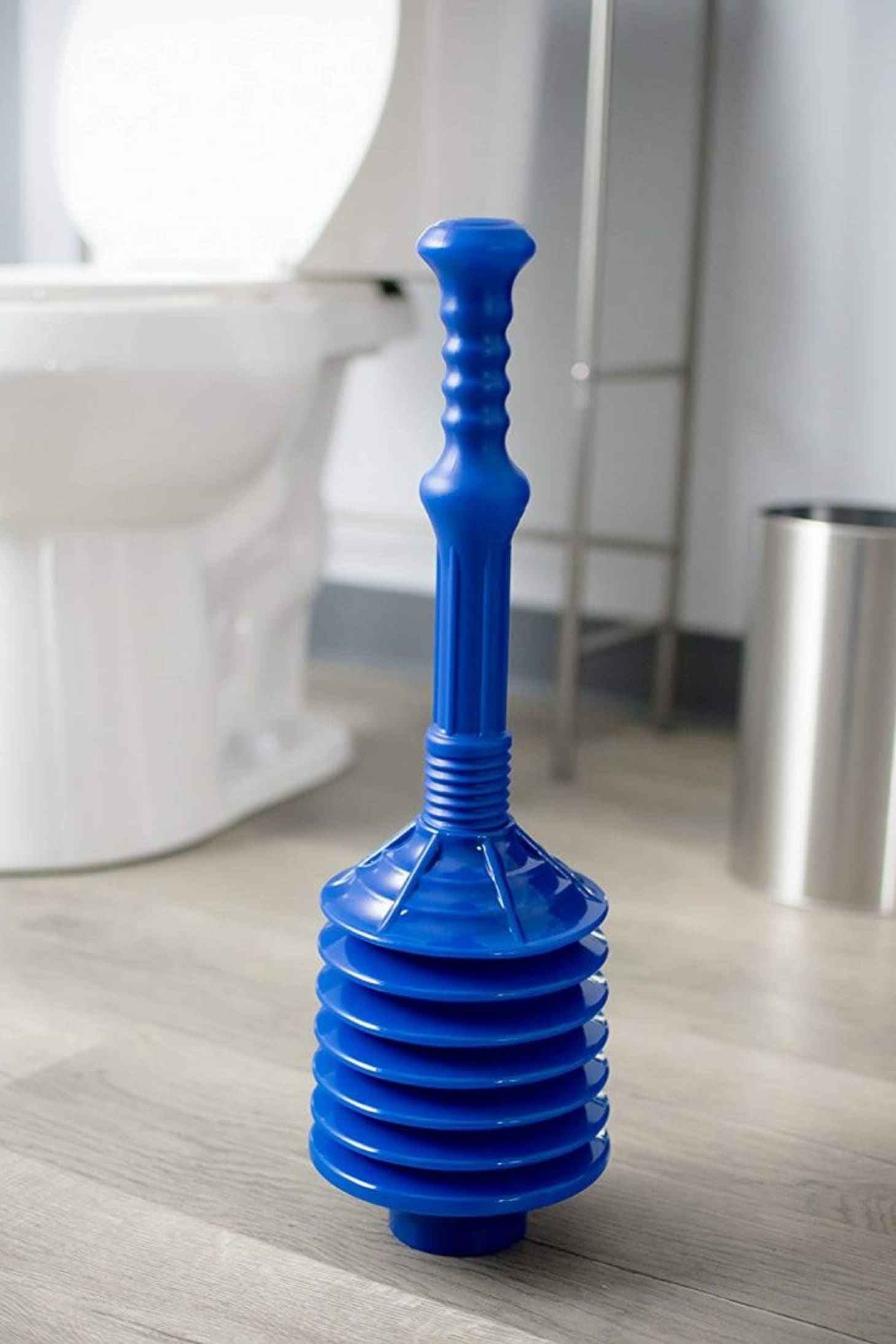
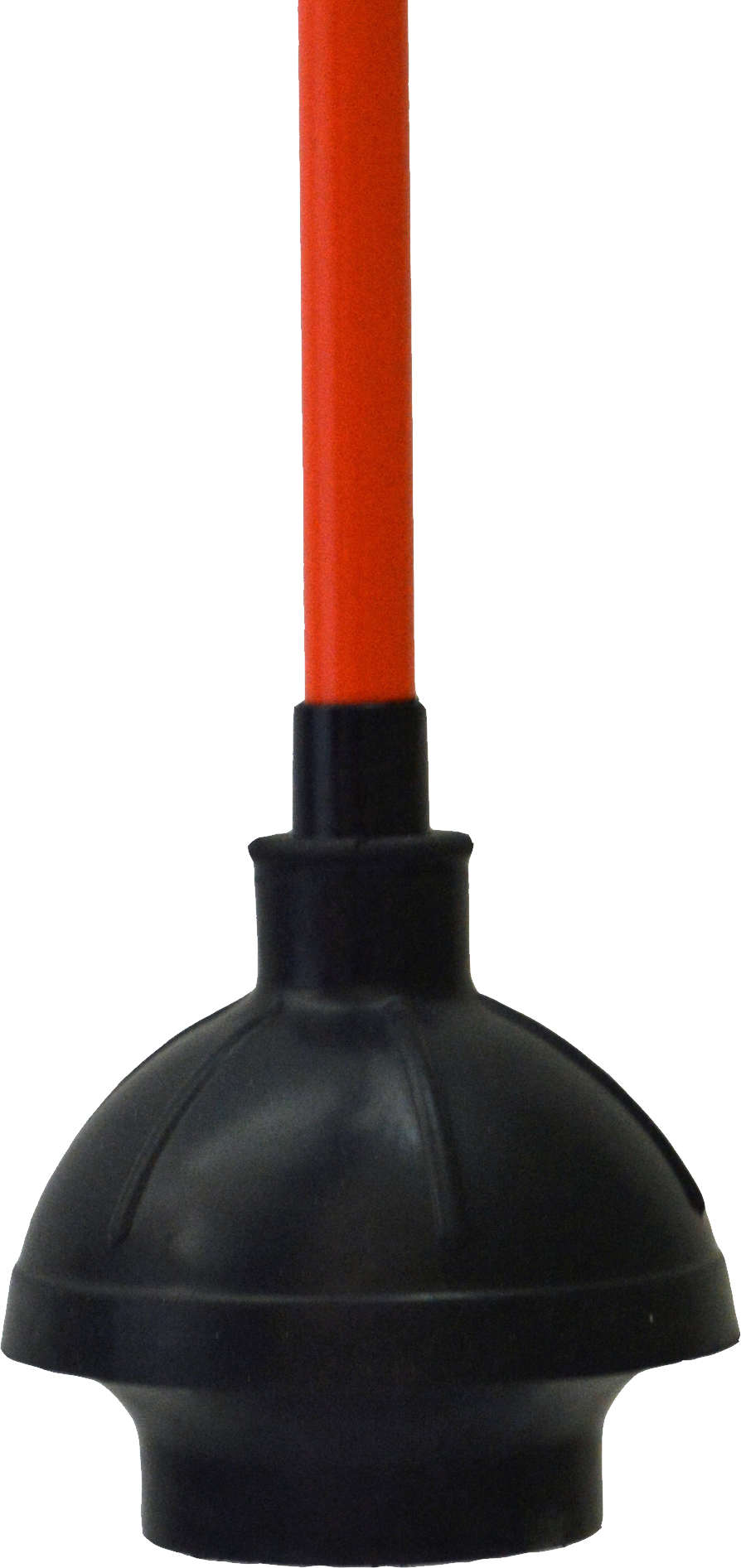


/GettyImages-173683465-58f822b83df78ca159d4543a.jpg)
:max_bytes(150000):strip_icc()/toilet-plunger-80708184-5797d8885f9b58461f591260.jpg)

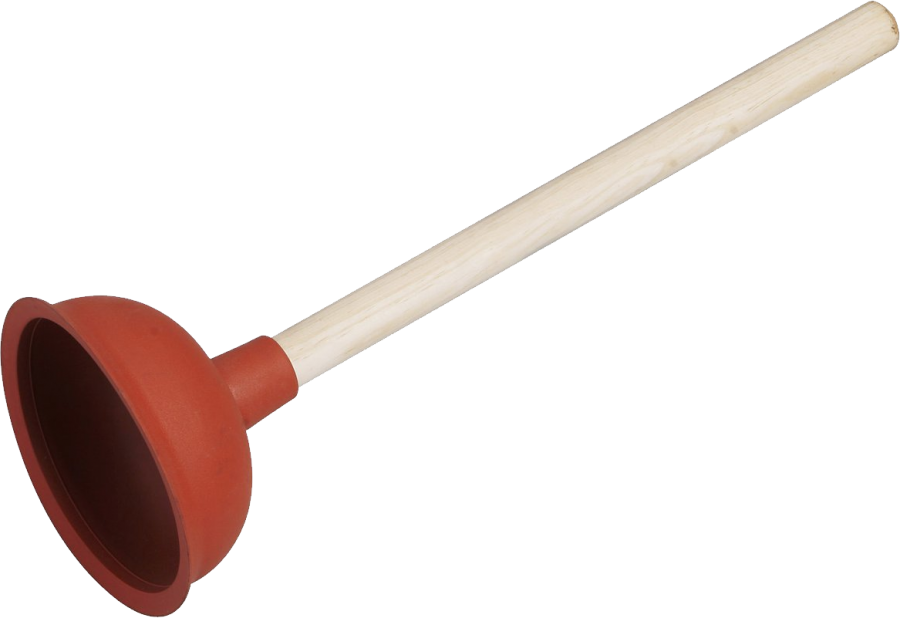

:max_bytes(150000):strip_icc()/toilette-plunger--92314164-873564a34a3441058f00a8d6fc1f0441.jpg)
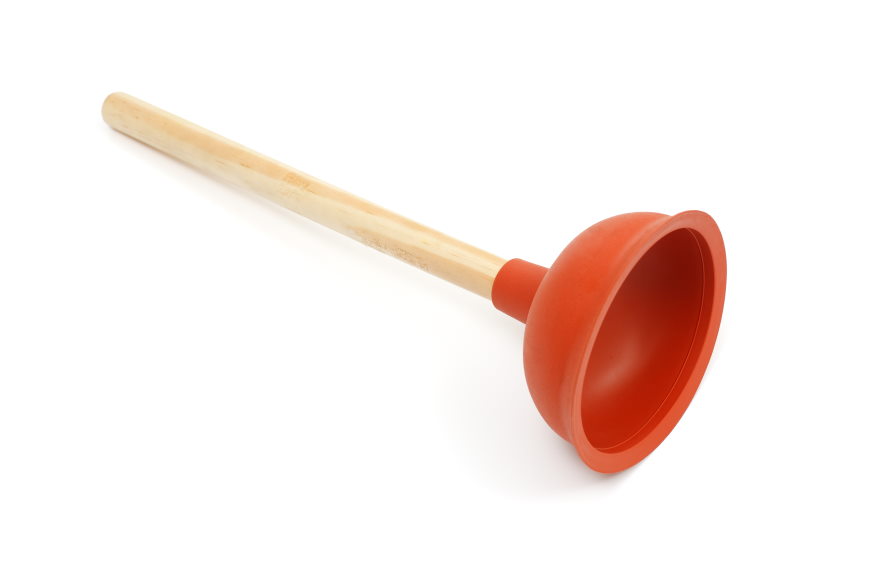
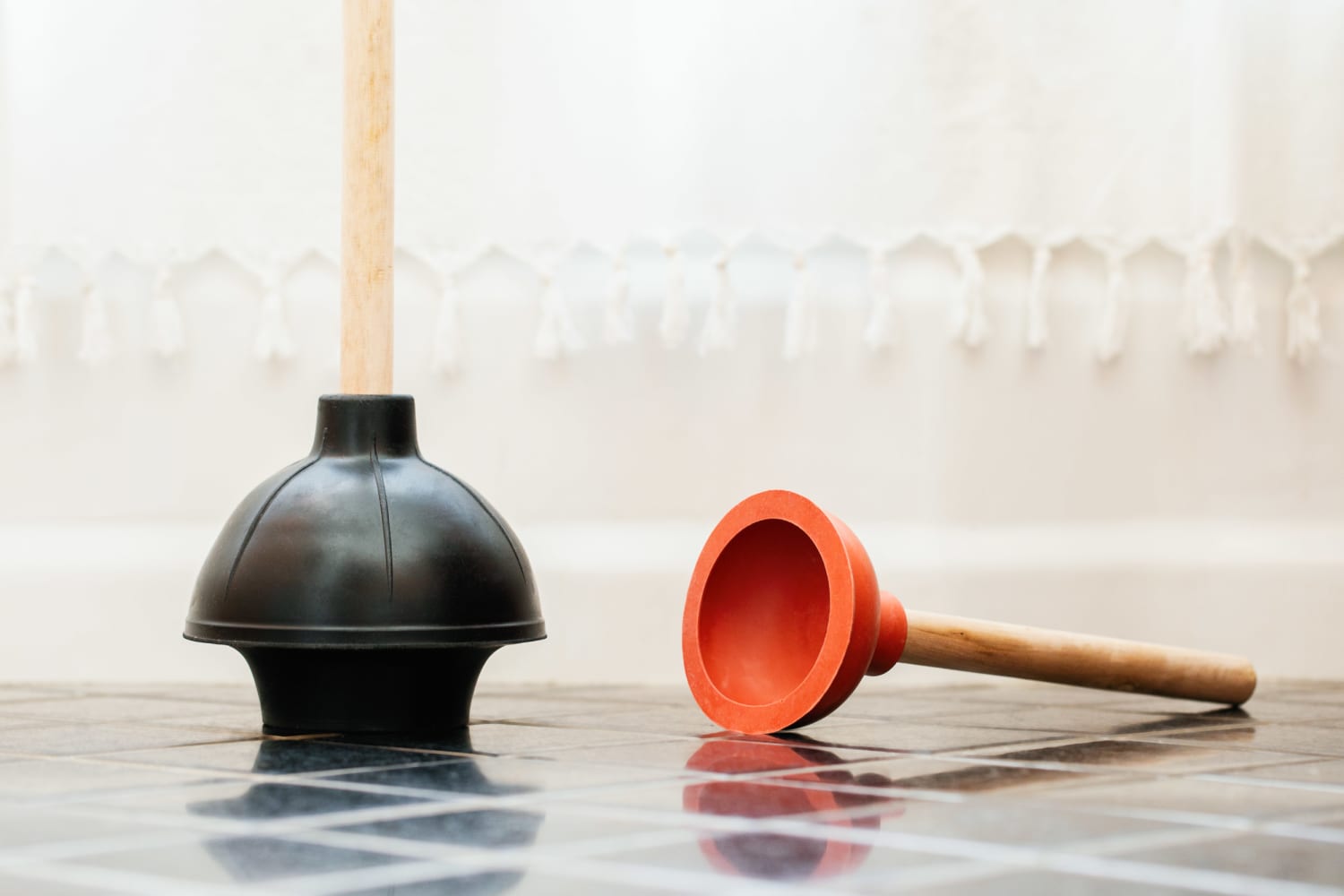
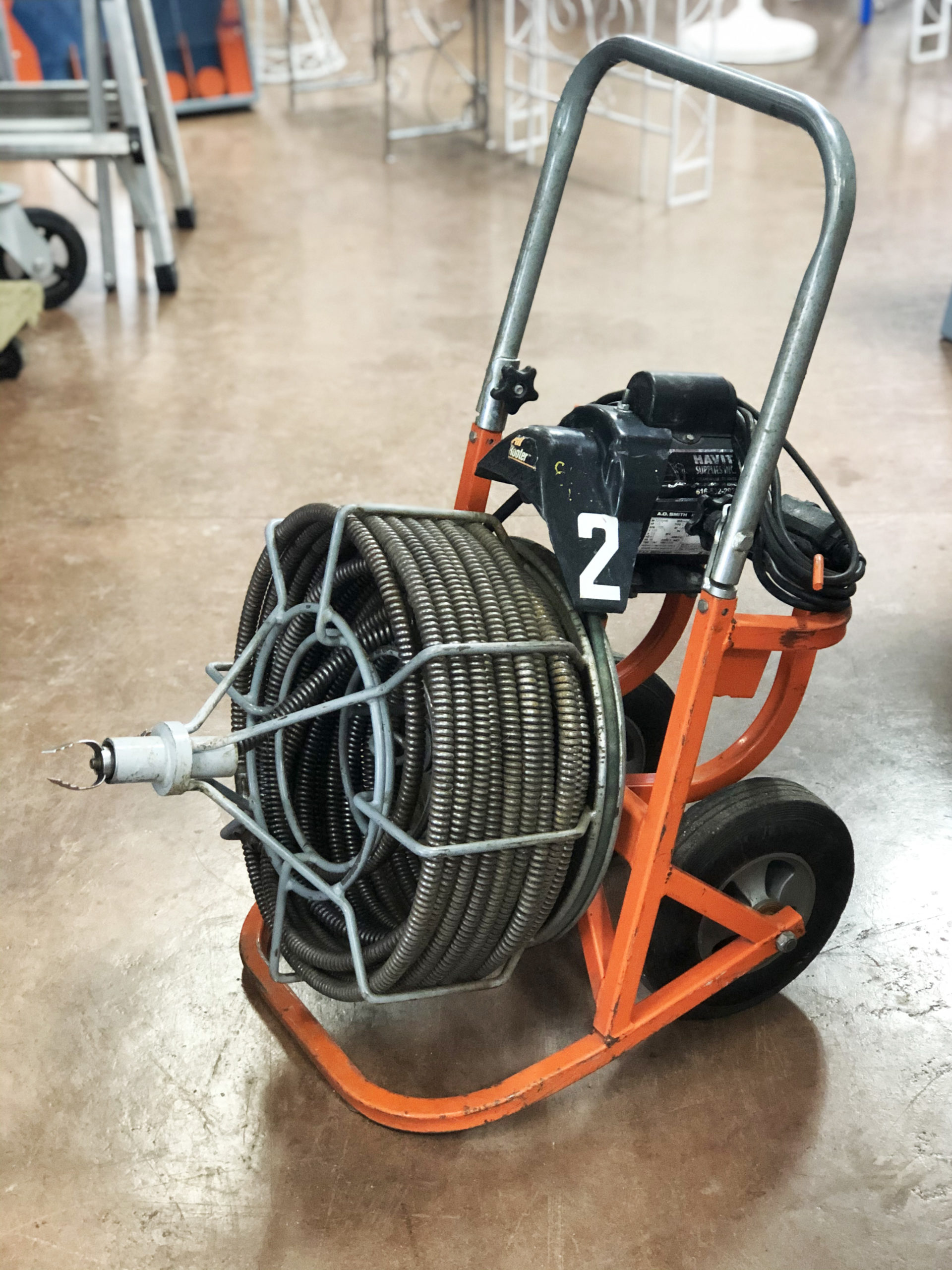

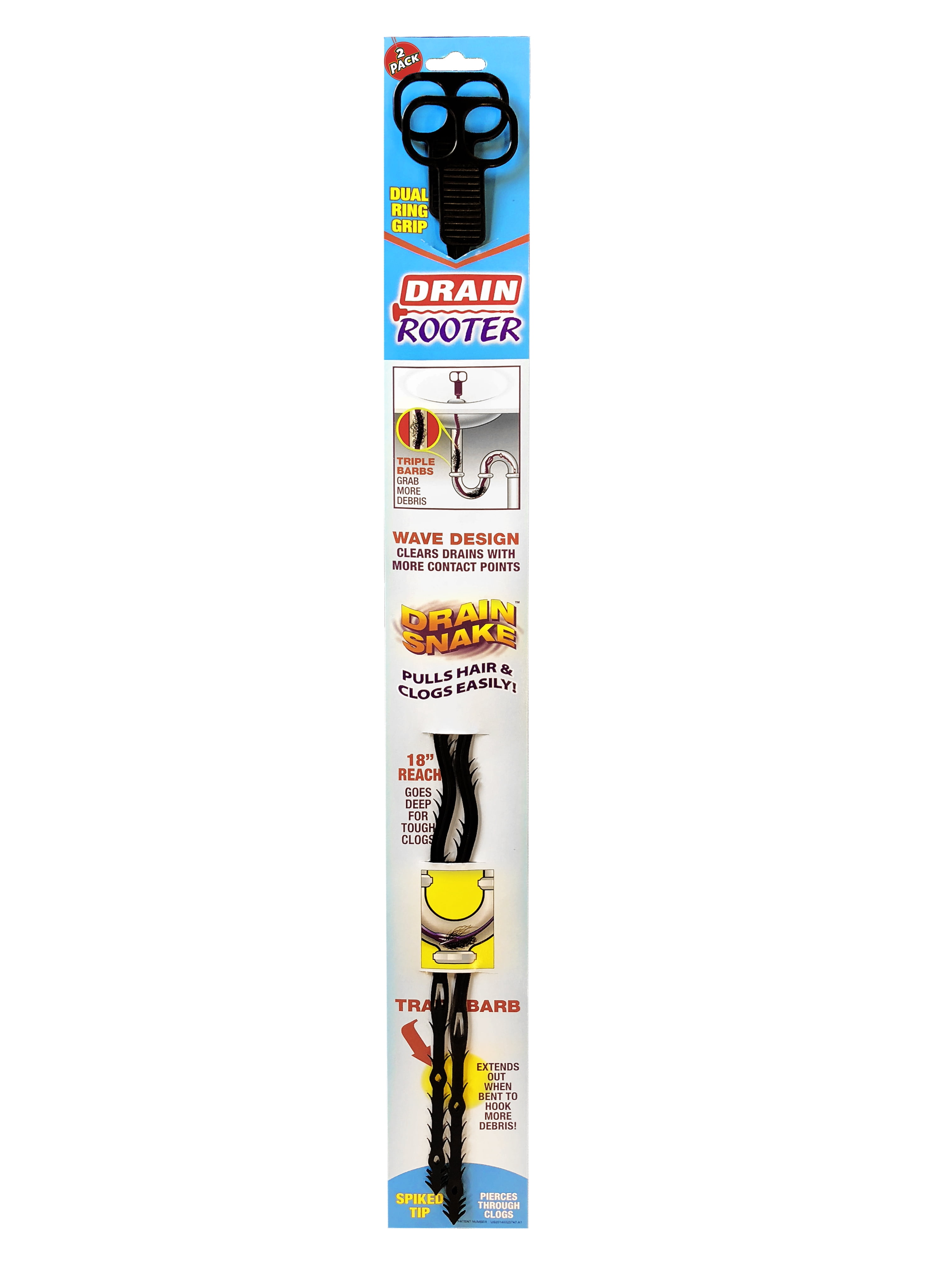

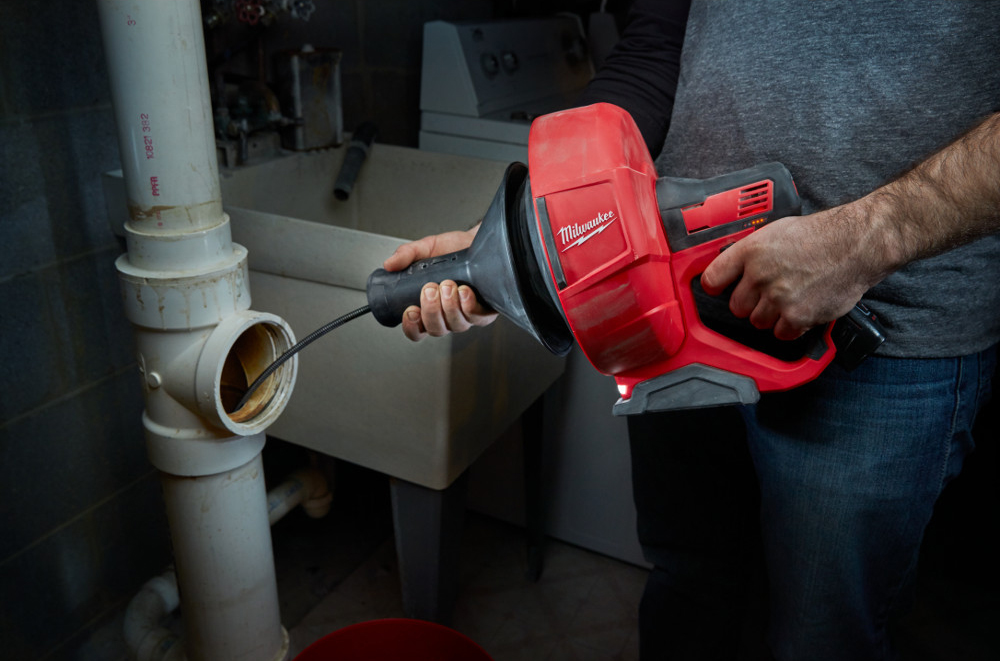

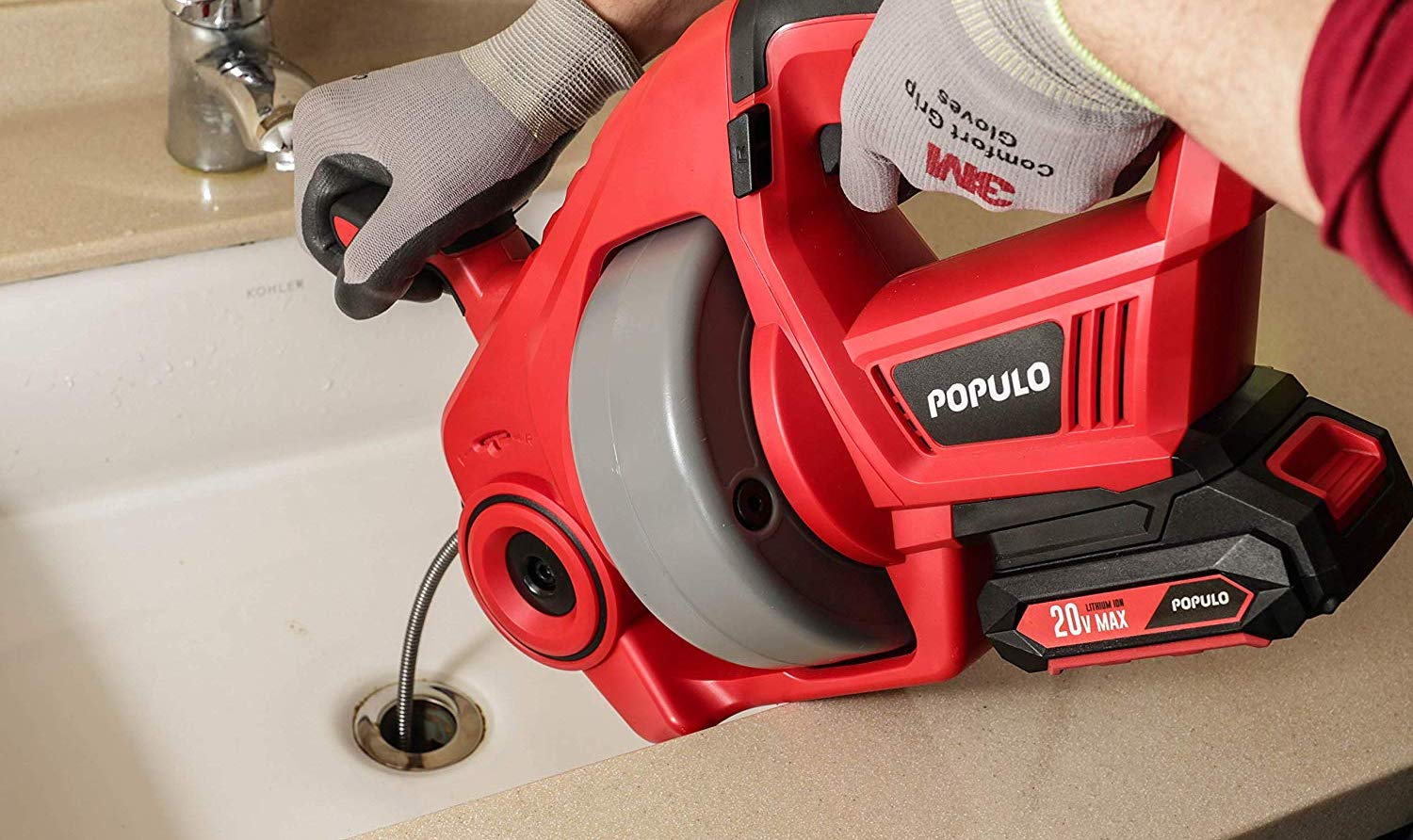



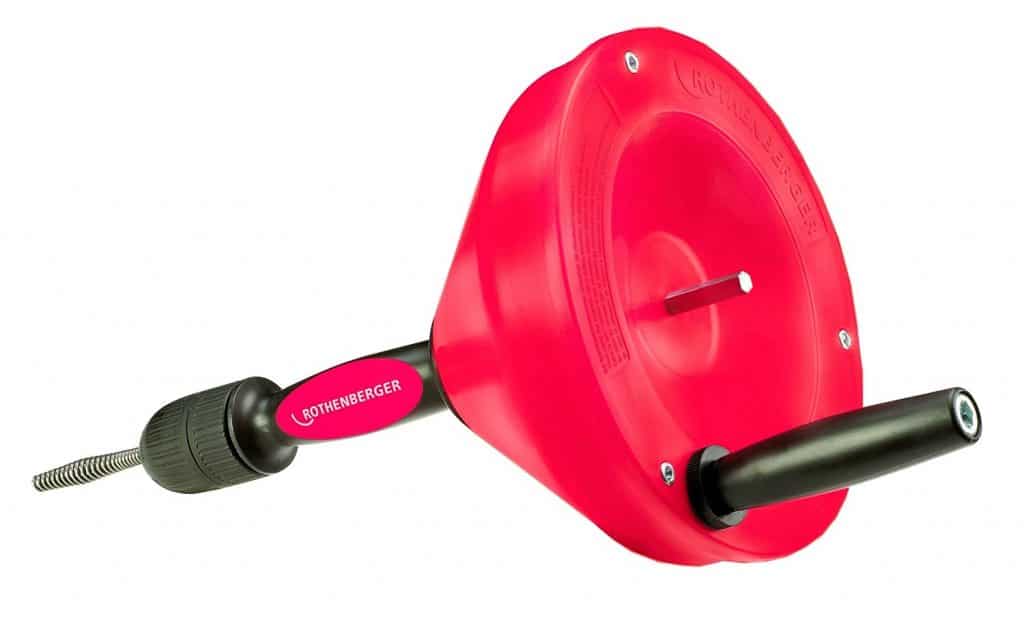
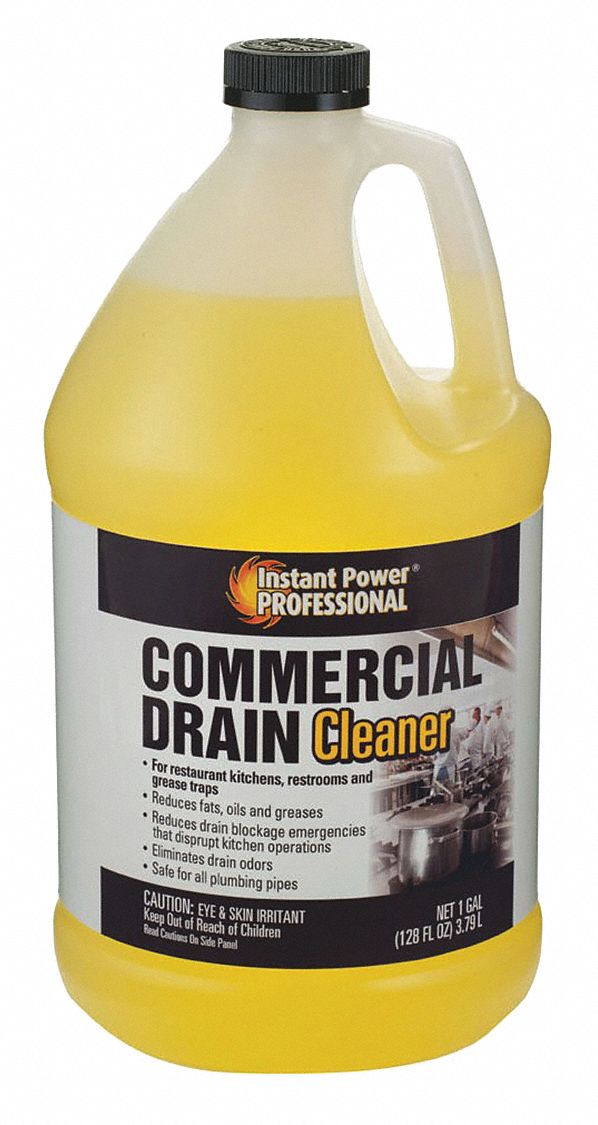
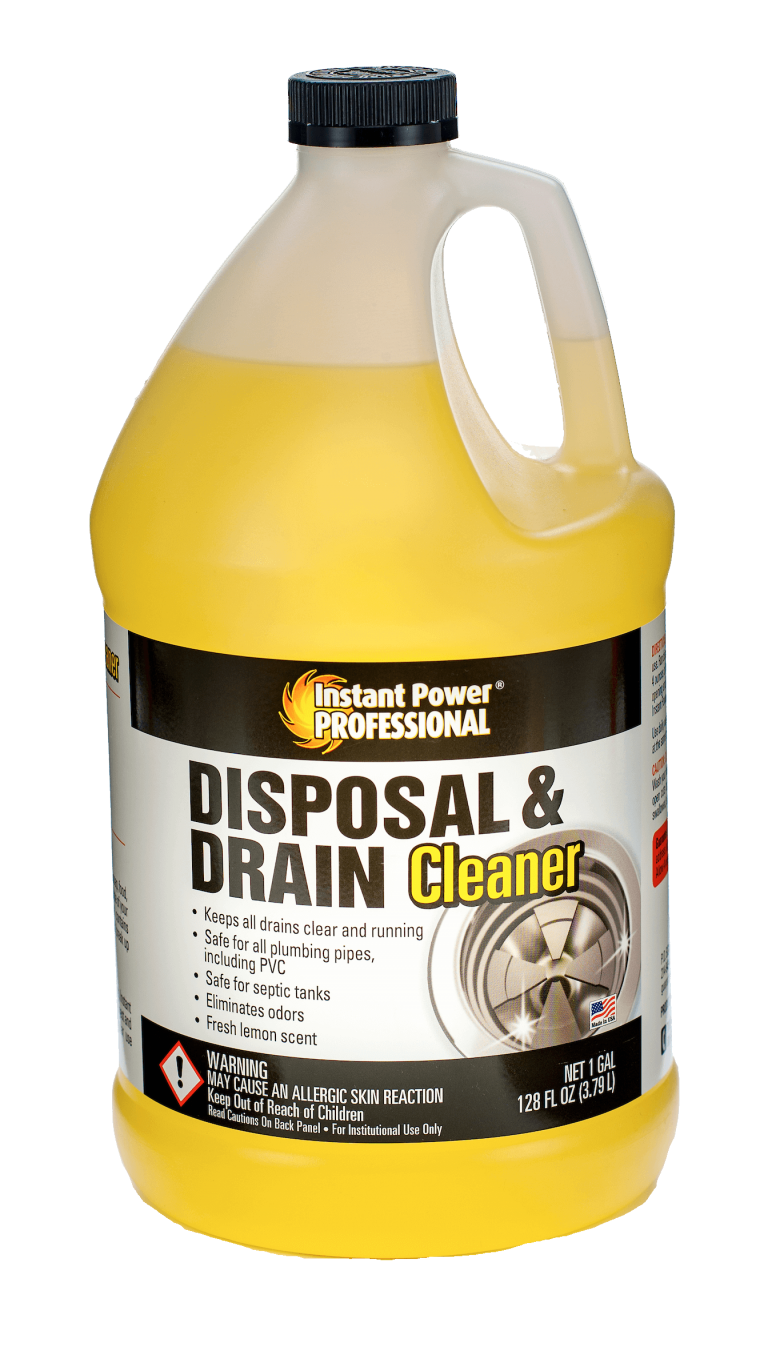
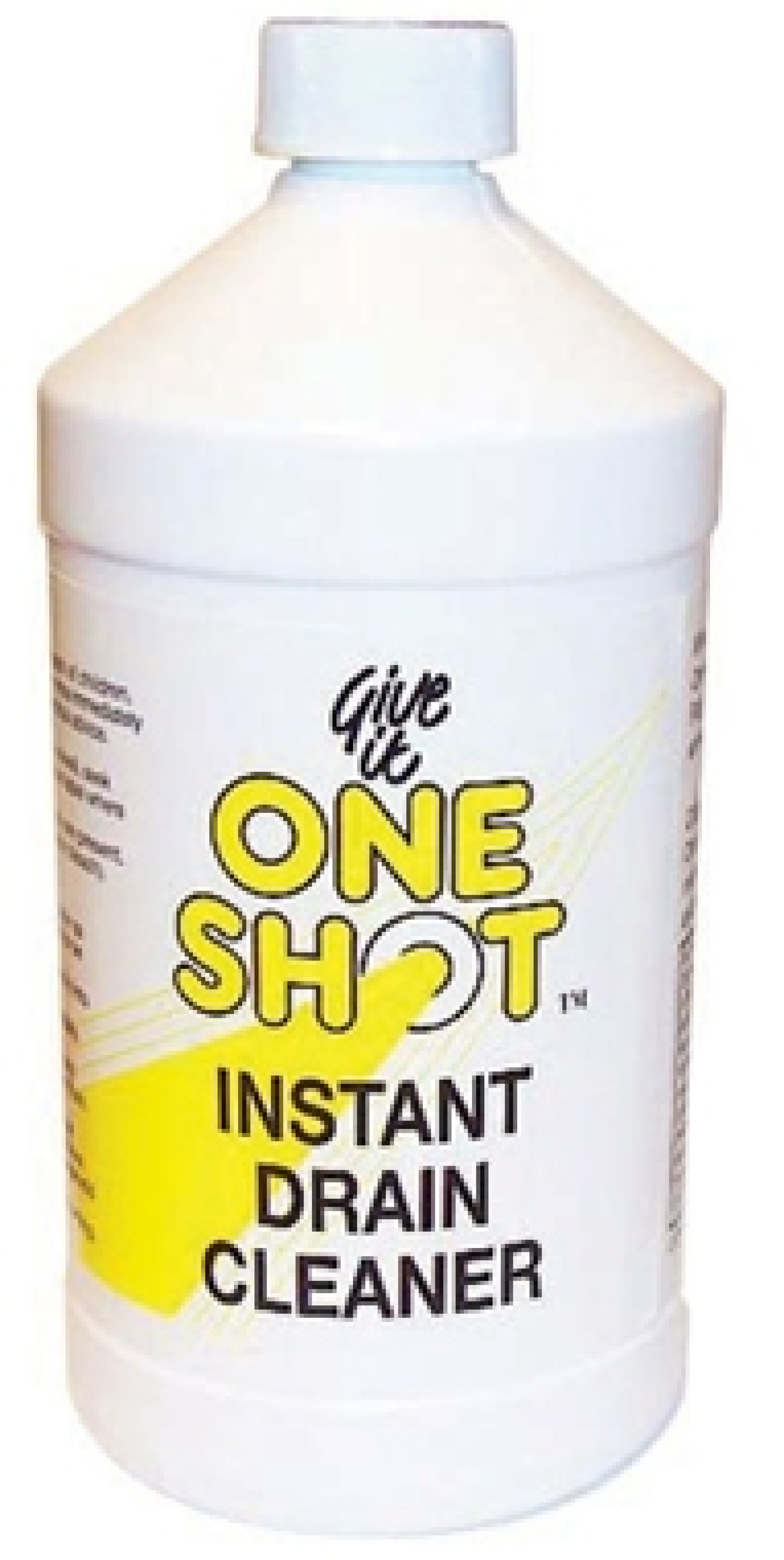
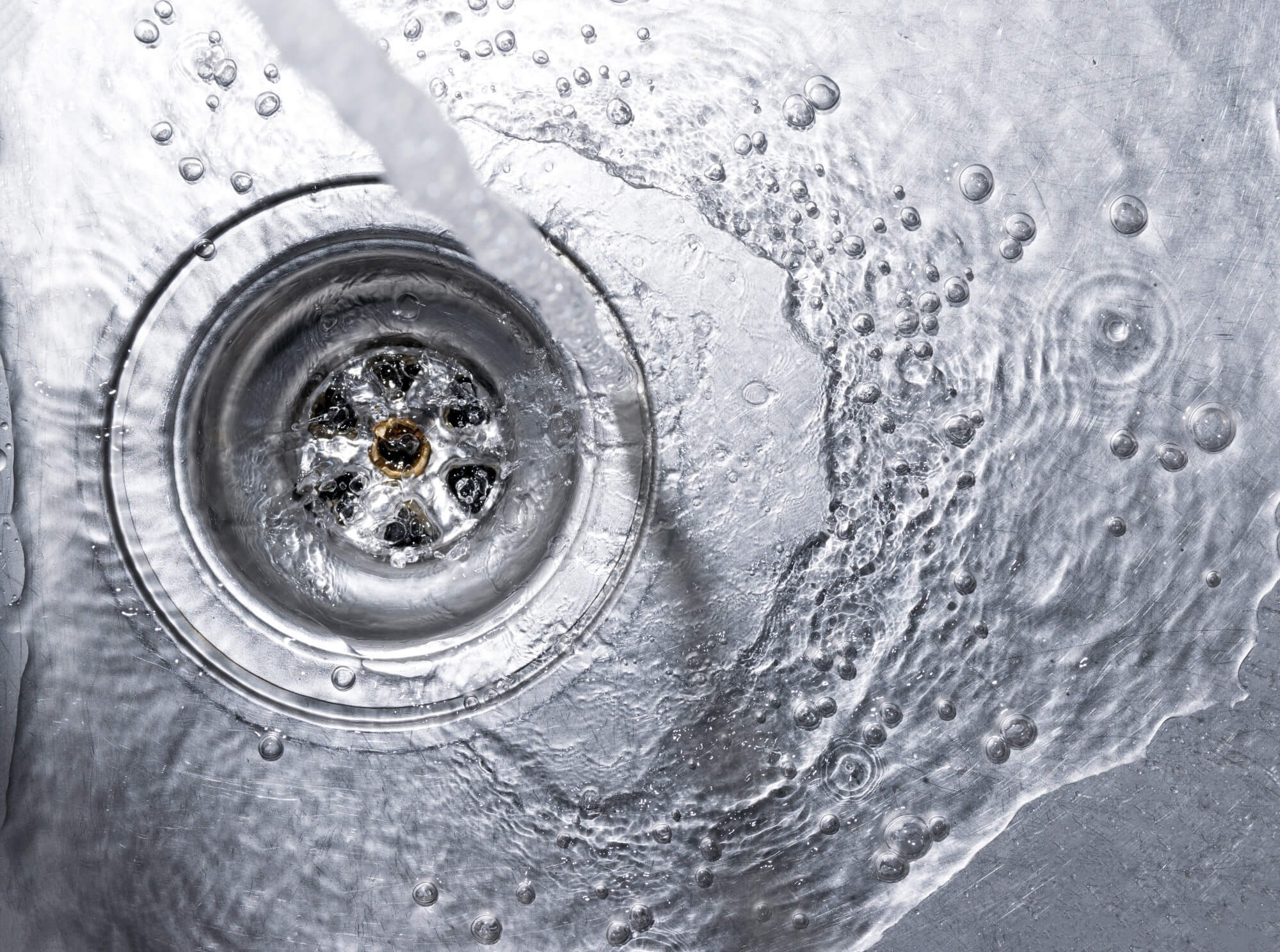

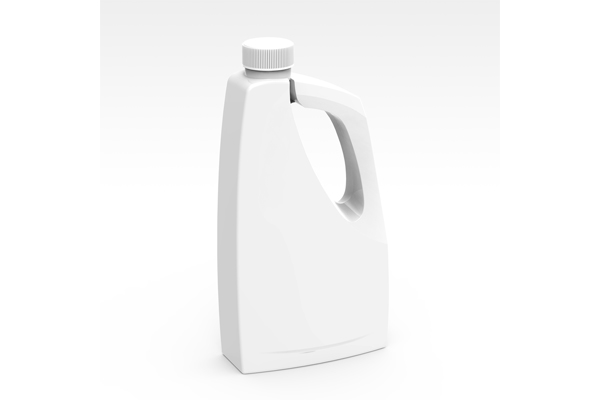



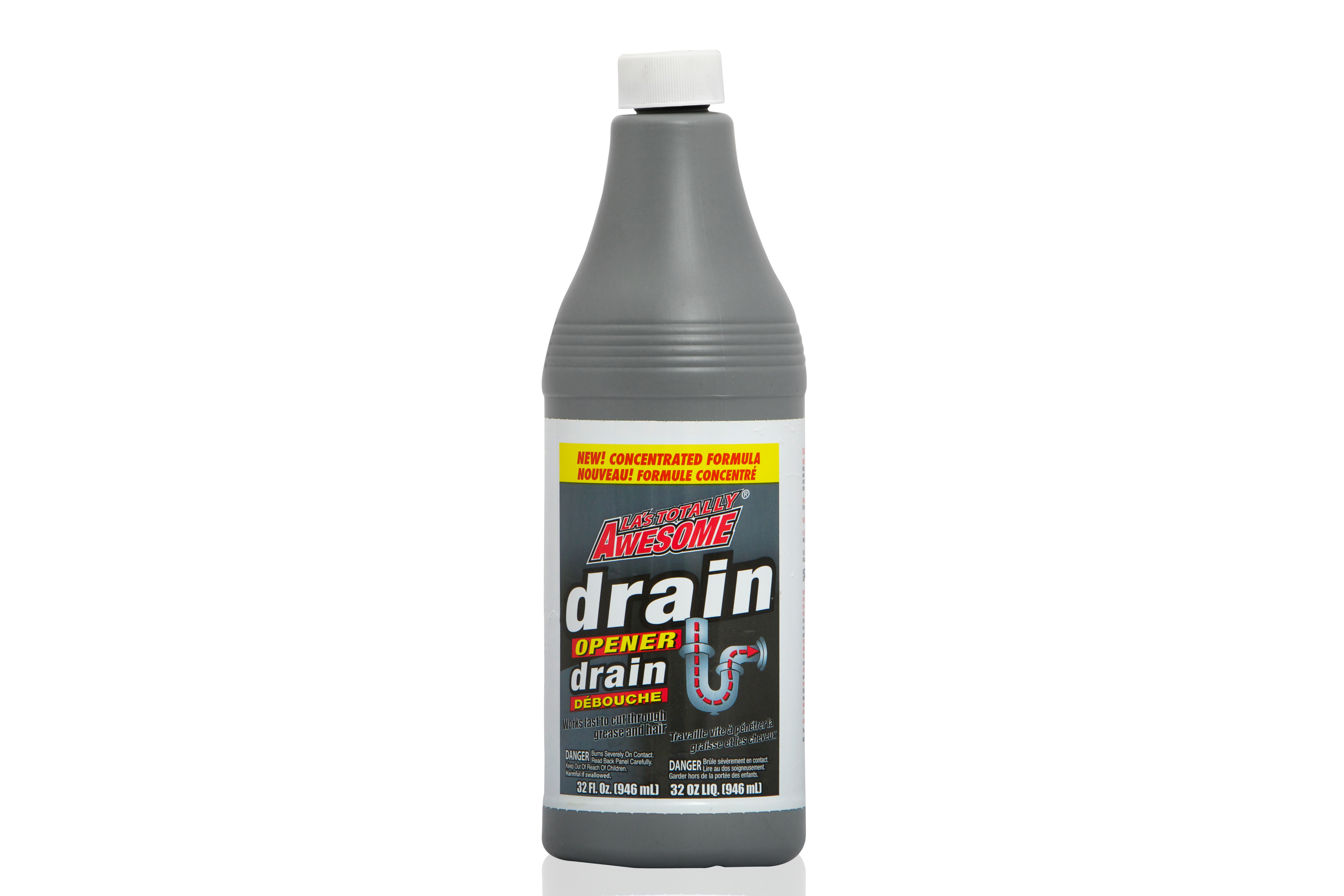

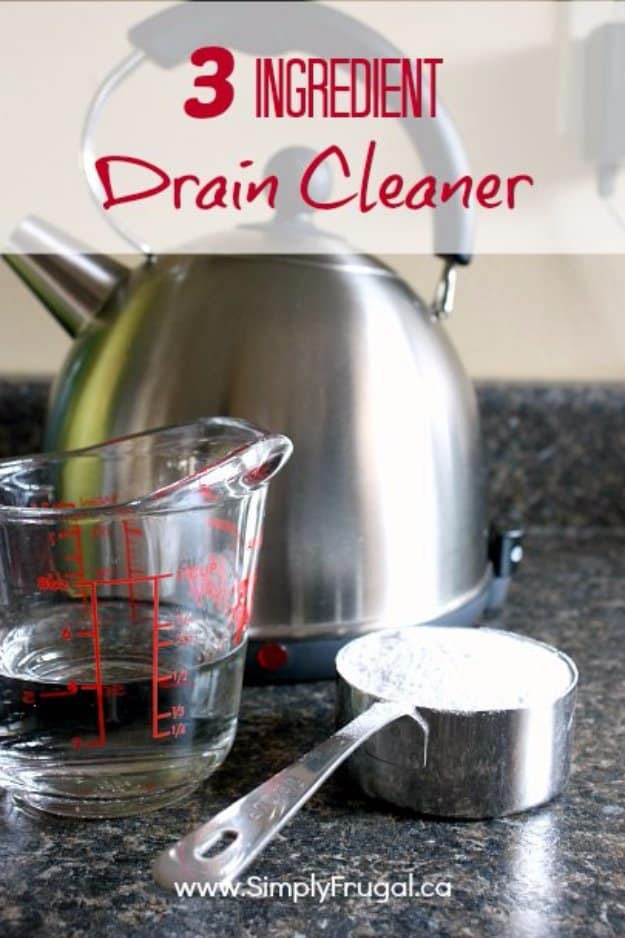


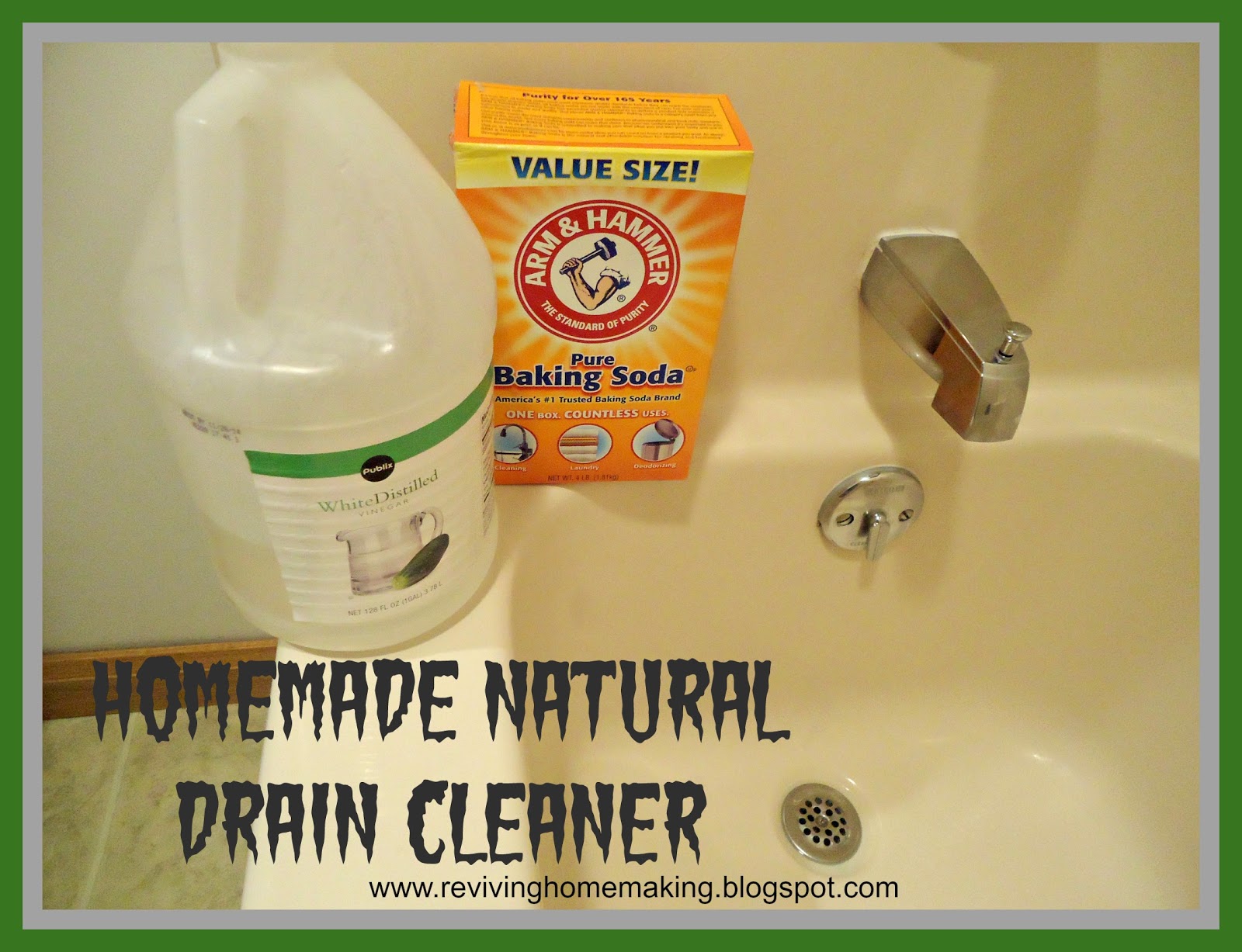


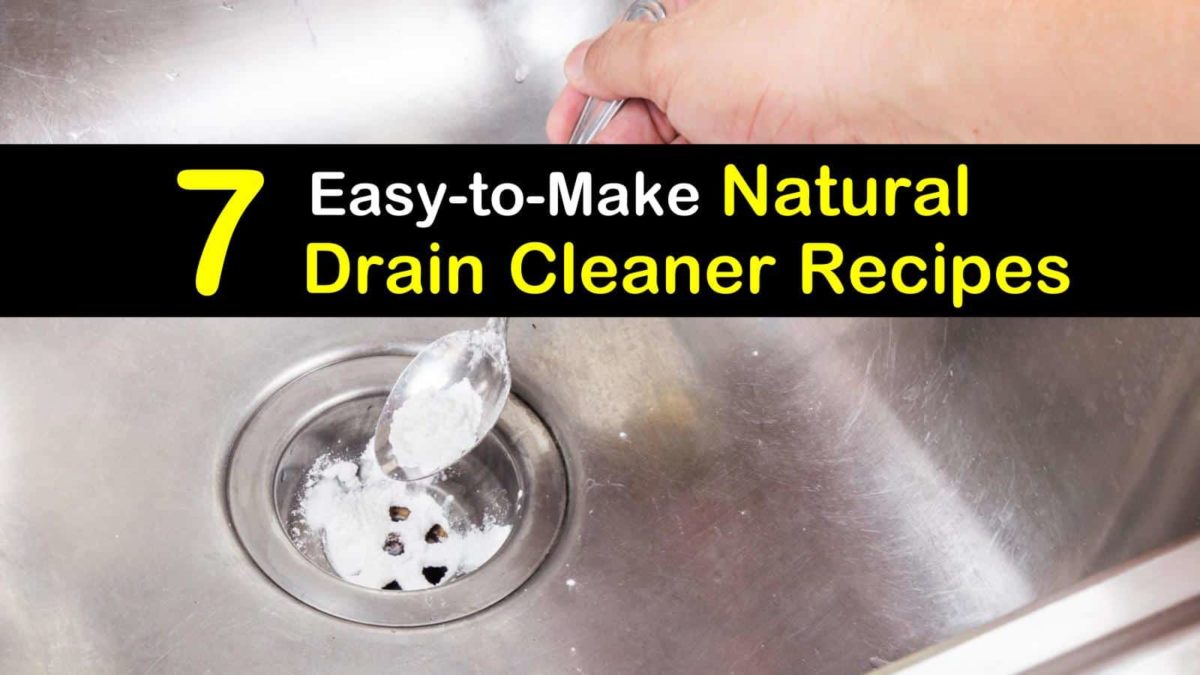


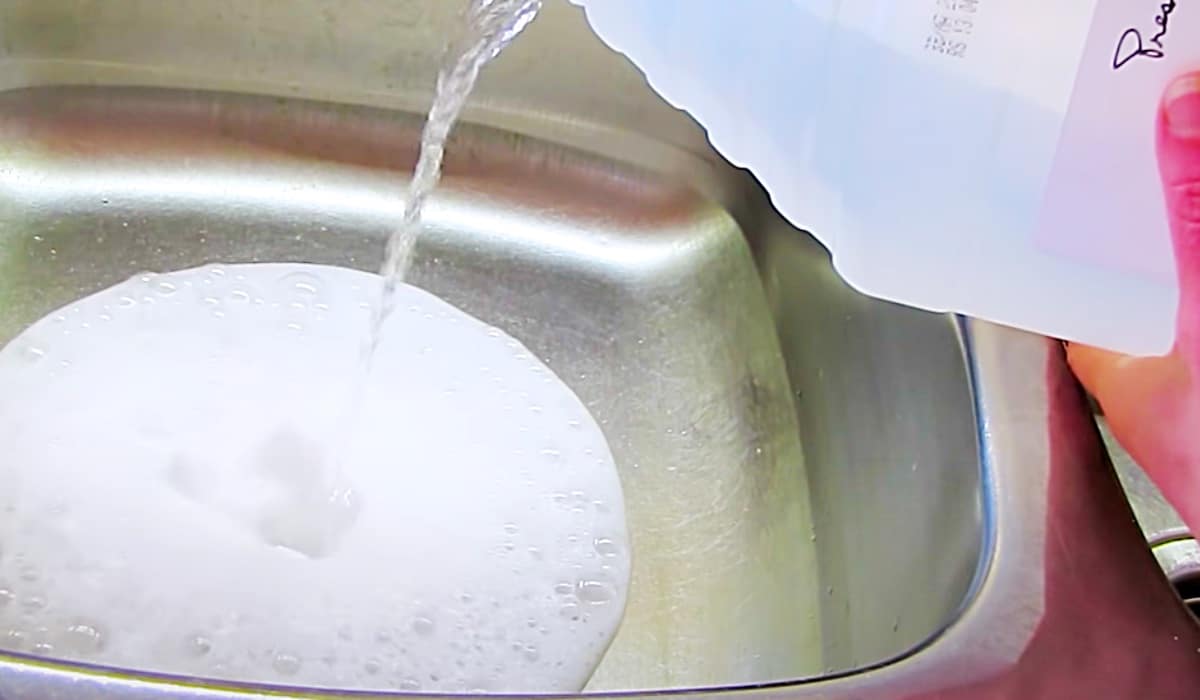
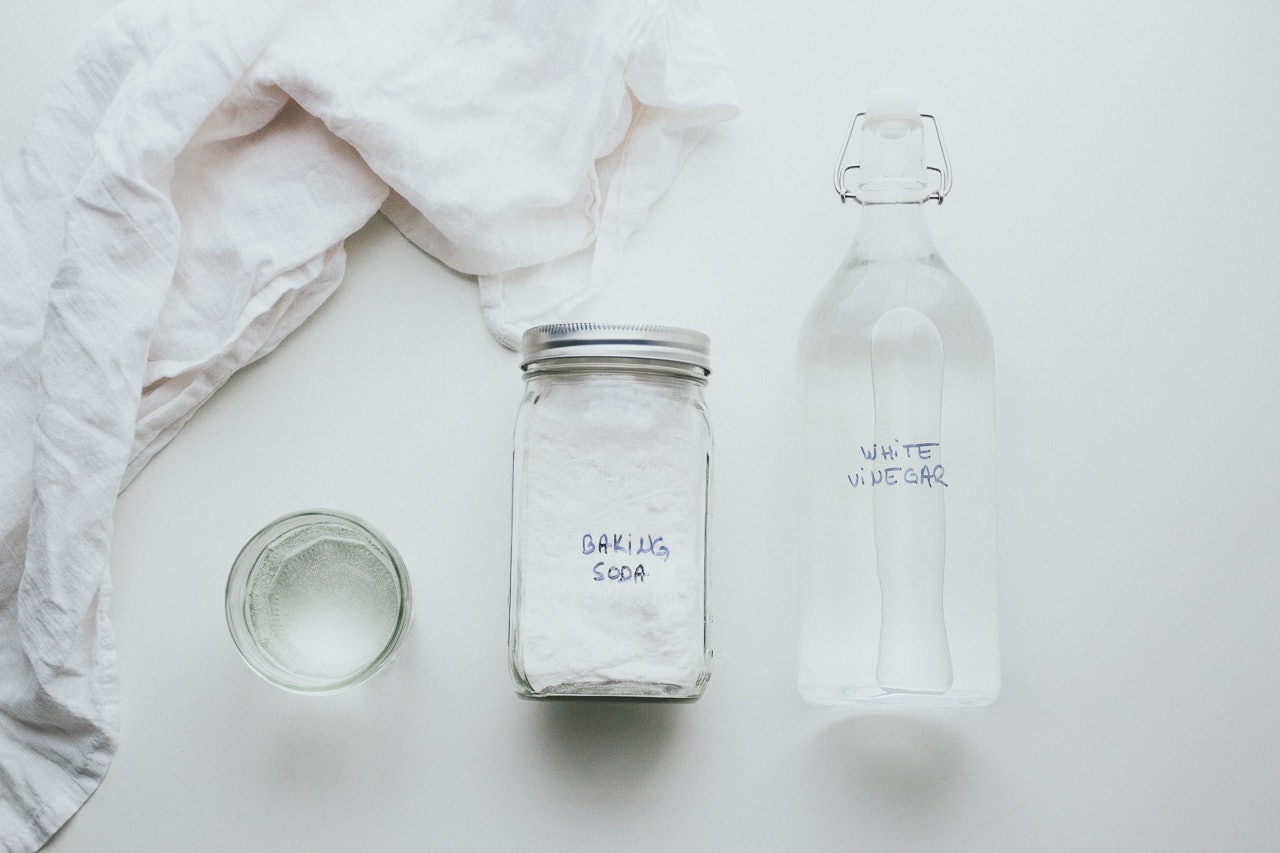
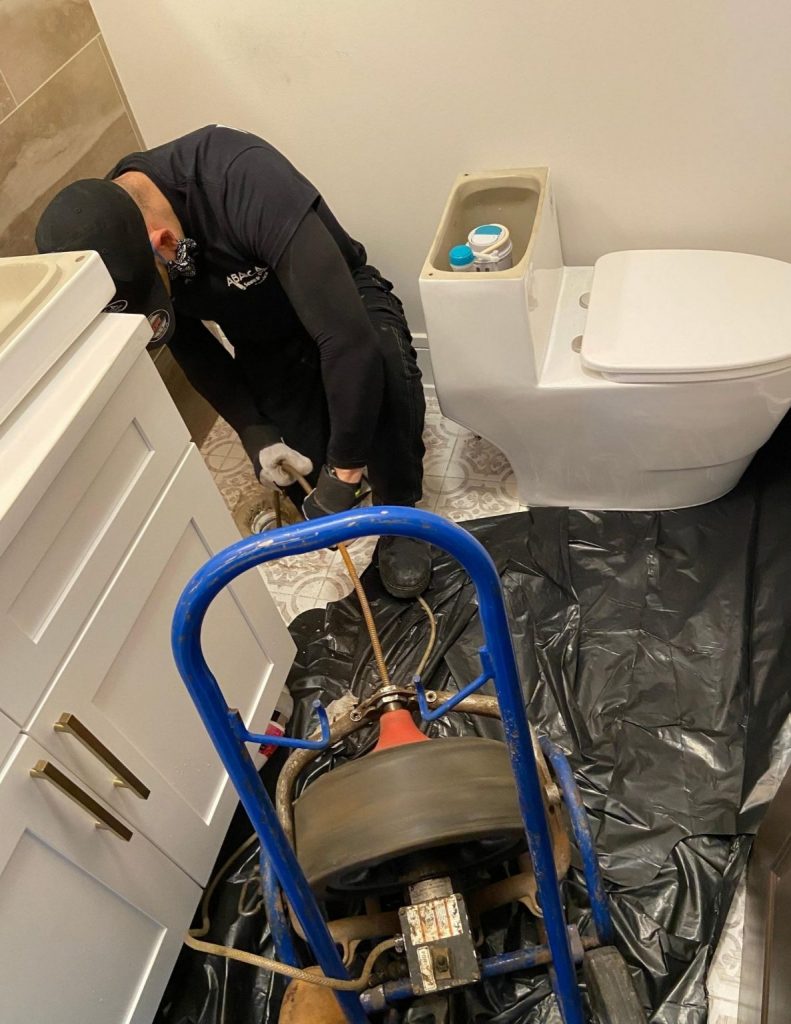
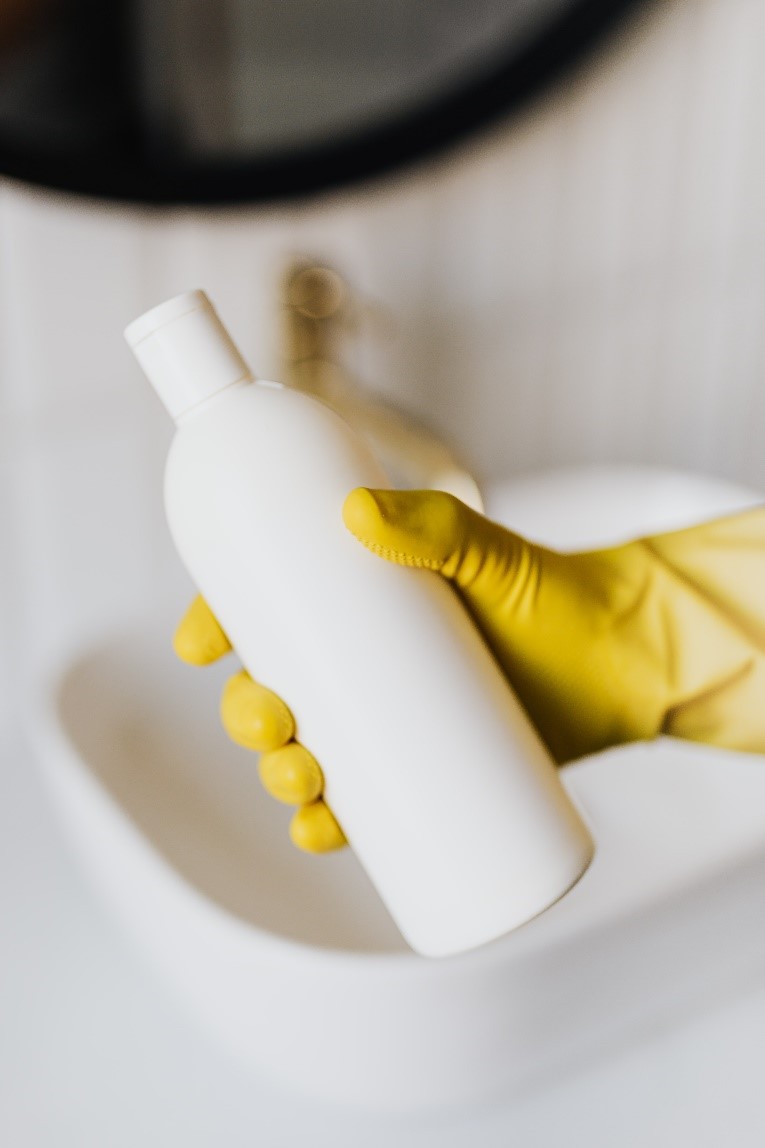



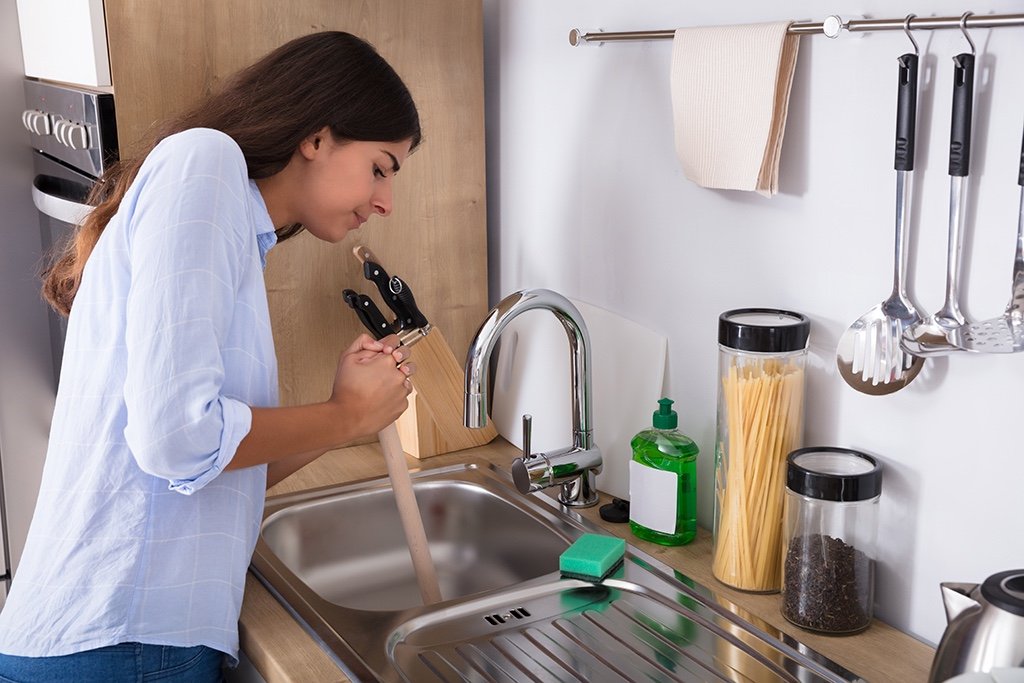

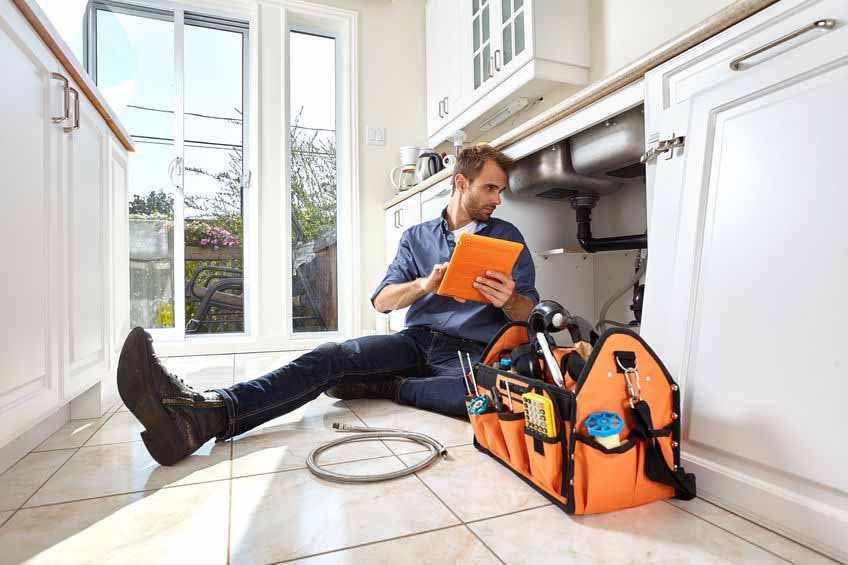
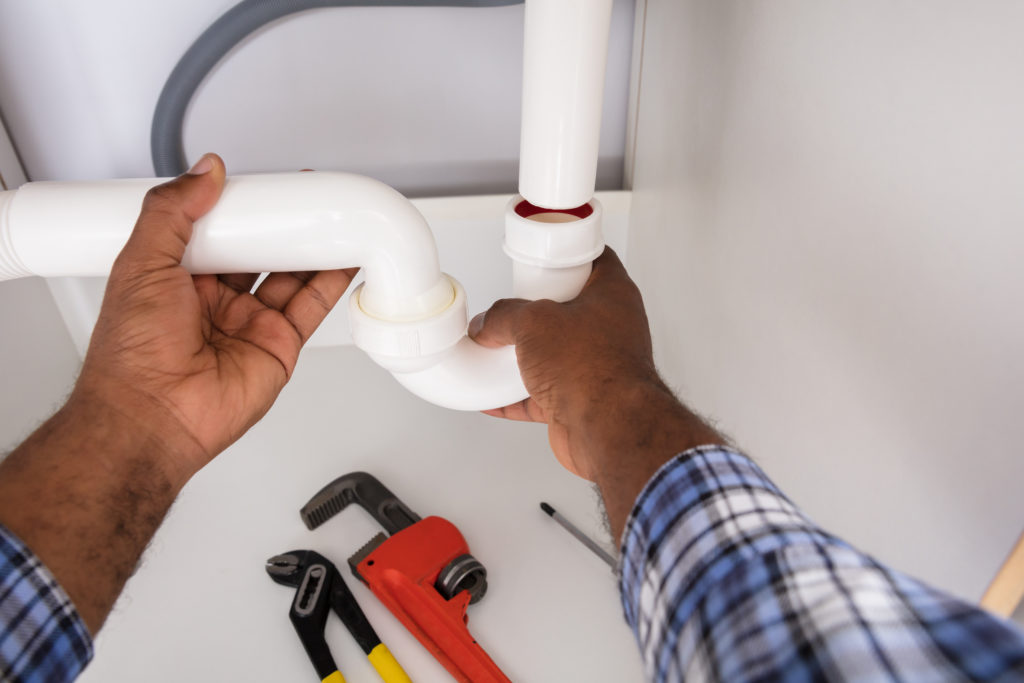
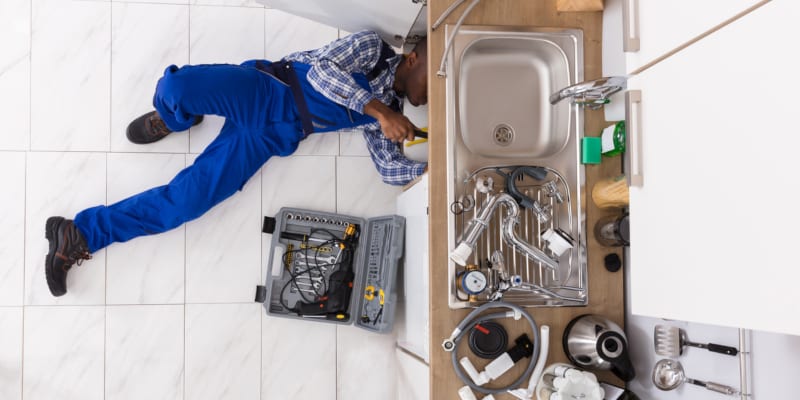


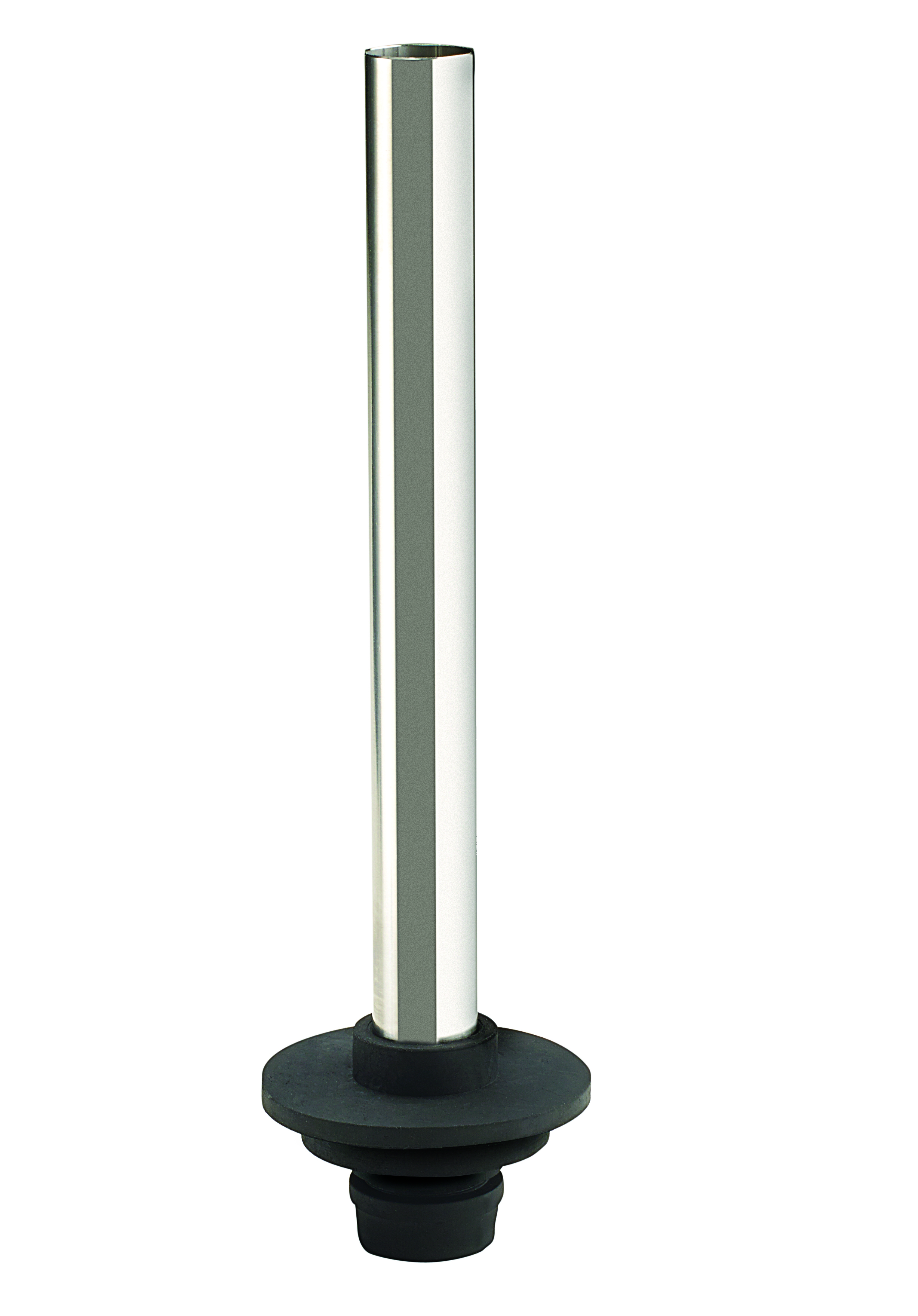
/close-up-of-overflowing-bathroom-sink-90201417-579787783df78ceb865822d8.jpg)
/water-overflowing-in-kitchen-sink-200553937-001-5797e6335f9b58461f5a6736.jpg)
